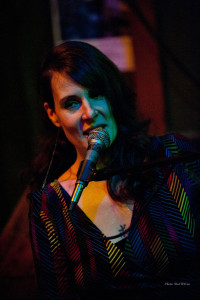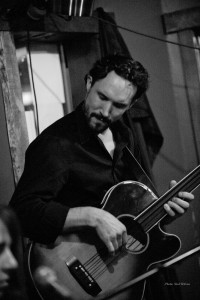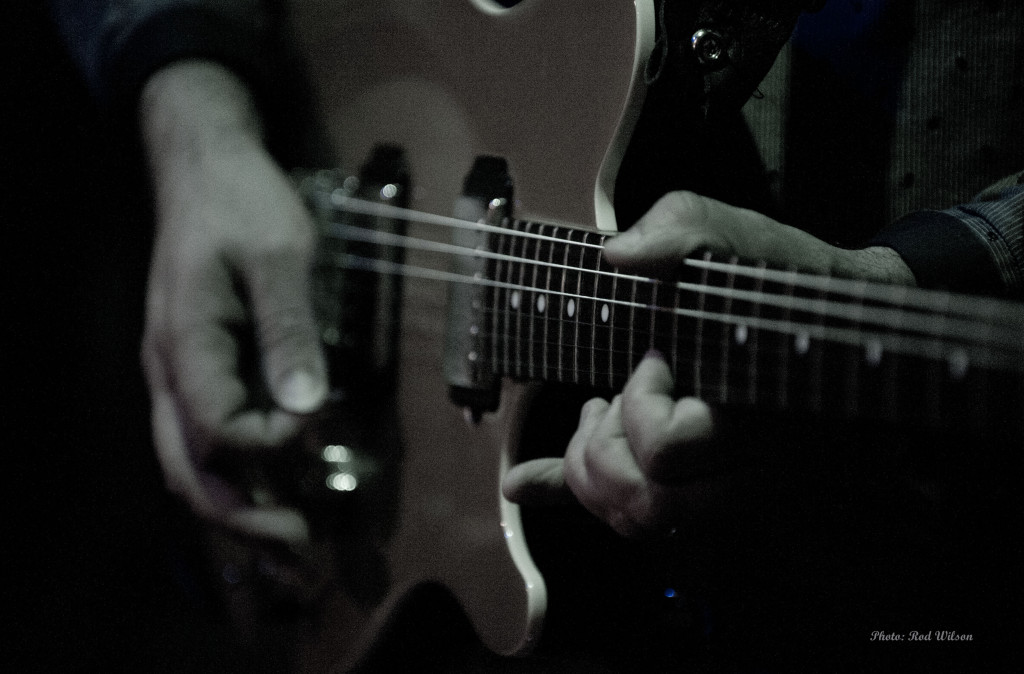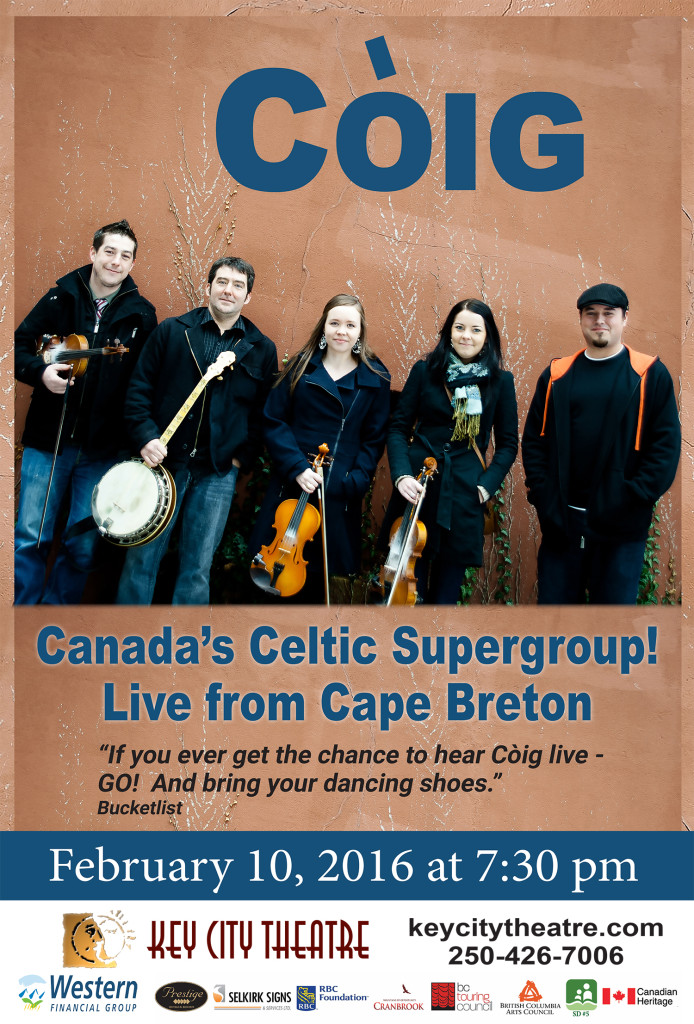
“The Highland Clearances were horrific events in Scottish history. In the 19th Century Crofters were forcibly evicted from their homes in the Highlands of Scotland and those that survived starvation and death ended up scattered all over the world. “It was an ill wind that blew some good” and this “ill wind” was responsible for the Scots settling in Cape Breton. With the new settlers came all the elements of the Scottish Highland Culture. It included the Gaelic language, music, dancing and story telling and some say this transplantation of the culture is responsible for the very survival of the Scottish Fiddle tradition, not only in Canada, but in Scotland itself. By the time the CBC aired a TV show called “The Vanishing Cape Breton Fiddler” in 1971 the Cape Breton style of fiddling had been in existence for well over a hundred years. The CBC show lamented the decline of the tradition and predicted the inevitable demise of the Cape Breton fiddler. Boy, were they ever wrong with that conclusion. Within a few short years of the airing of the show the tradition became revitalized and went though a period of explosive growth. As well as a whole cadre of older and younger fiddlers, part of the positive change can be laid at the feet of at least two master fiddlers, Jerry Holland and Buddy MacMaster.” Both of these musicians have since passed away but their children, grand-children, students and disciples have continued to re-invigorated the tradition. COIG (Gaelic for Five) is part of that on going process. Originally this was a quintet formed to promote the Cape Breton Celtic Colours Festival. The original members were all basically Cape Bretoners who have grown up in the tradition and are thoroughly familiar with the traditional fiddle and piano music of the region. The original members were Chrissy Crowley (fiddle and viola), Rachel Davis (fiddle and viola), Jason Roach (keyboards), Darren McMullen (tenor banjo, bouzouki, mandolin, guitars, and Irish Whistle), and Colin Grant (fiddle). Coig performed as a quartet at the Key City without Colin so I am not sure if he is still part of the group.
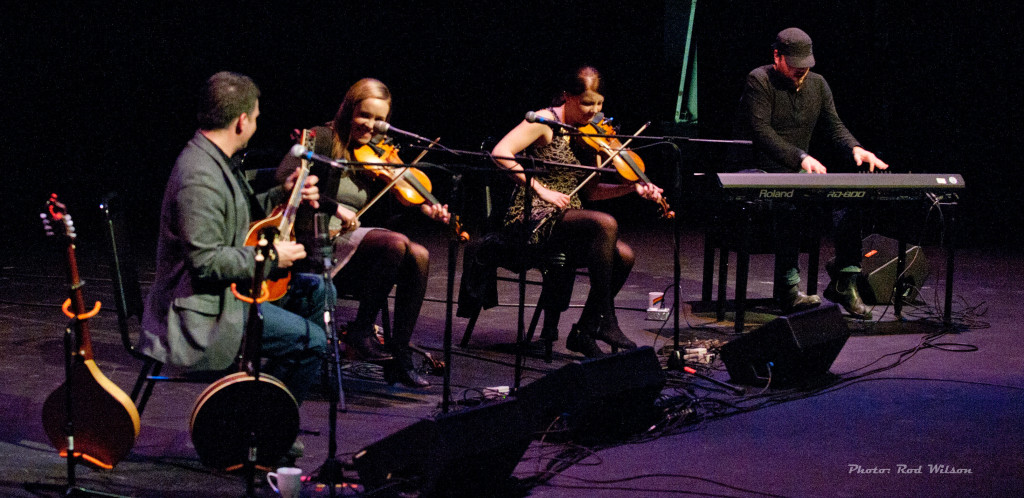 It goes without saying this was a night of brilliant music with lots of foot stomping fiddle duets, tenor banjo, bouzouki and mandolin leads all backed by Jason’s thunderous Cape Breton piano. The band performed a selection of tune sets from their album Five. Tunes included Bad Day at the Beach, The Oak Tree Set, Choufflé Soufflé, SR (Strathspey/ Reel) Set and others. Rachel Davis sang Bob Dylan’s classic ballad Tomorrow is a Long Time and Dougie MacLean’s She Loves Me when I Try. On keyboard Jason Roach performed an extended solo set that included Sleepy Maggie. Here are some images from the evening.
It goes without saying this was a night of brilliant music with lots of foot stomping fiddle duets, tenor banjo, bouzouki and mandolin leads all backed by Jason’s thunderous Cape Breton piano. The band performed a selection of tune sets from their album Five. Tunes included Bad Day at the Beach, The Oak Tree Set, Choufflé Soufflé, SR (Strathspey/ Reel) Set and others. Rachel Davis sang Bob Dylan’s classic ballad Tomorrow is a Long Time and Dougie MacLean’s She Loves Me when I Try. On keyboard Jason Roach performed an extended solo set that included Sleepy Maggie. Here are some images from the evening.
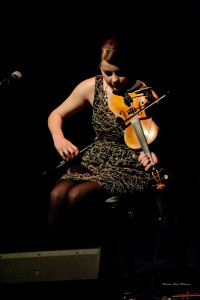
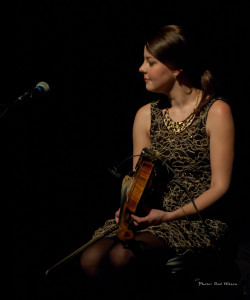
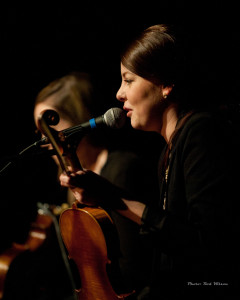
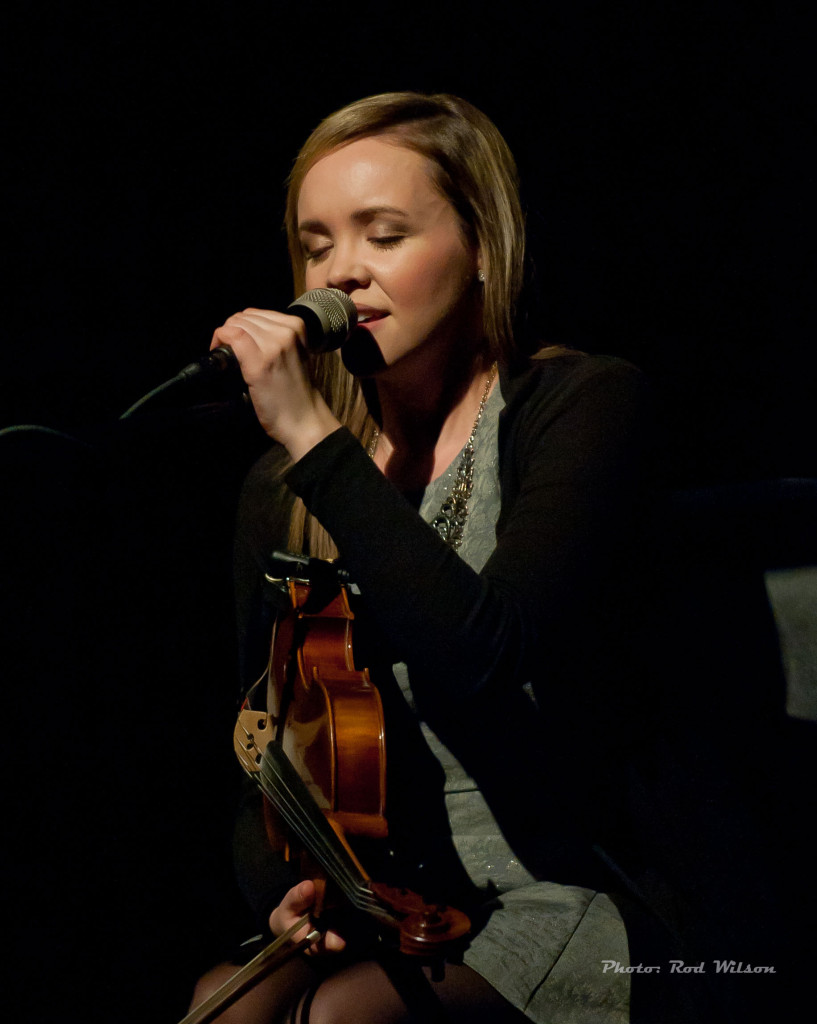
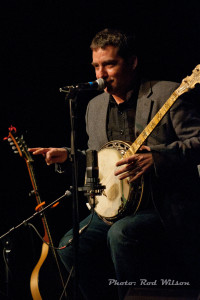
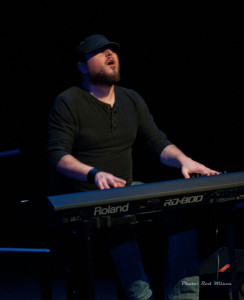
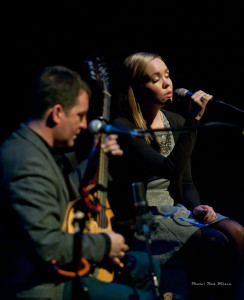
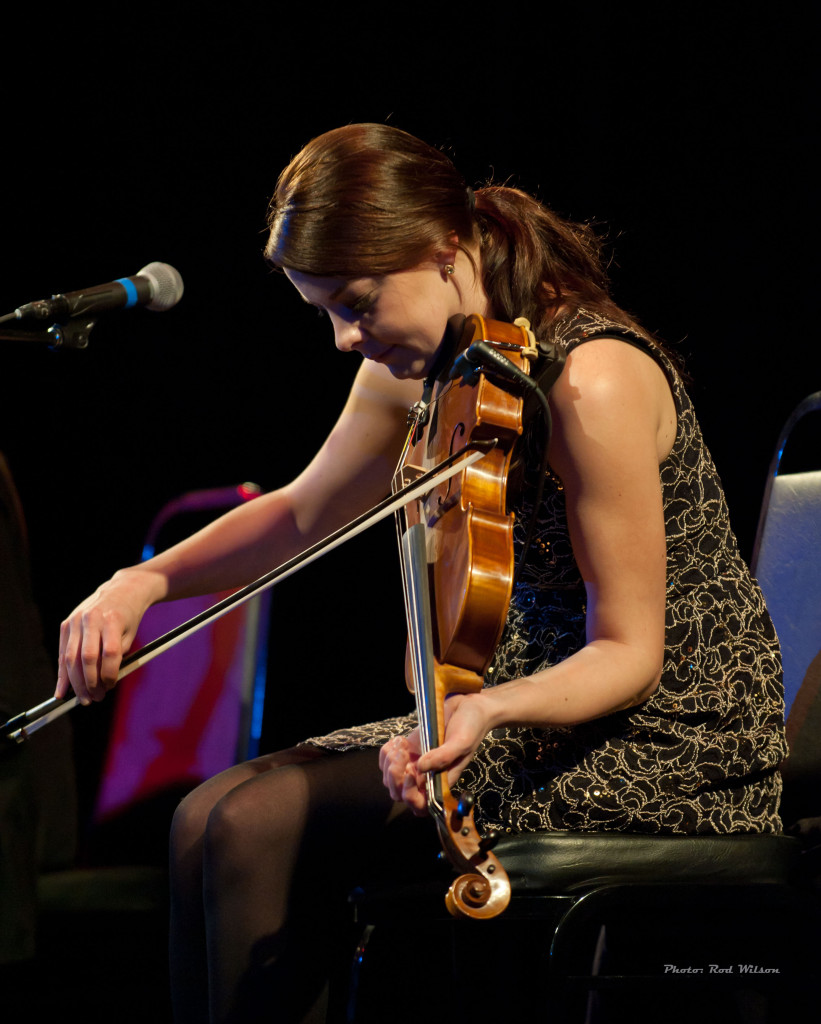
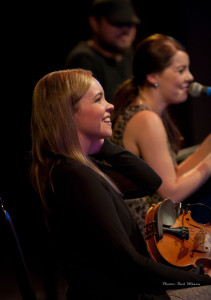
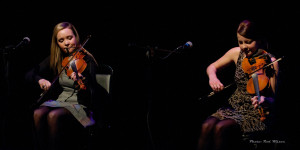
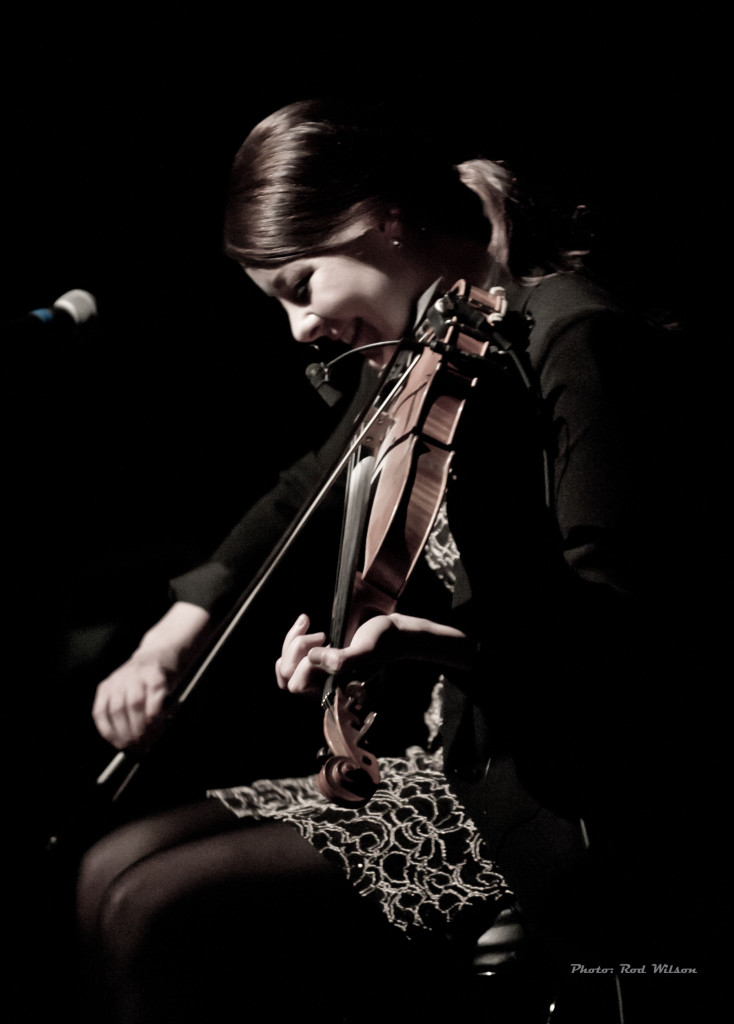
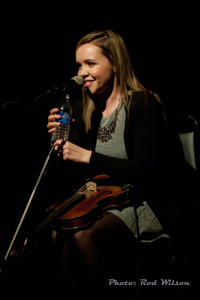
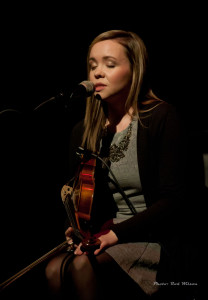
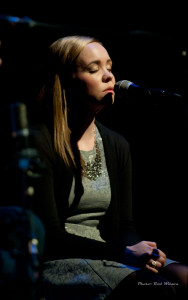
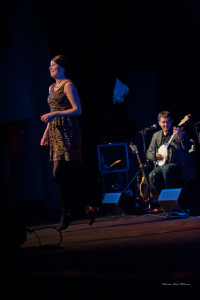
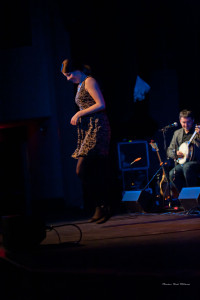
Musical Notes (pun intended). Darren McMullen is a “highly sort after multi-instrumentalist, switching between, guitars, mandolin, bouzouki, banjo and whistle”. His arsenal of instruments is only restricted by travel requirements. In this instance he did not play guitar. For most of the audience that may, or may not have passed unnoticed….. when was the last time we have heard a musical ensemble that was not 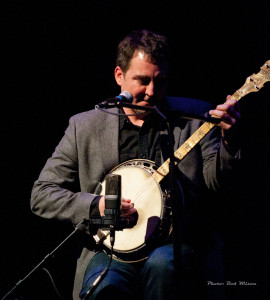 guitar based? Actually it was refreshing not hear a batch of guitars thumping away. After all there is more to music than three guitars and a thudding back beat. Without guitars and with the addition of bouzouki, banjo and mandolin the music had a whole different sonic ambience. On this trip his arsenal was restricted to just the Irish tenor banjo, mandolin and Irish bouzouki. There is only so much excess baggage that you can cram onto a plane. Darren plays a 19 fret Irish tenor banjo tuned GDAE played mandolin style with a pick. It requires a different musical approach to the usual Bluegrass and Clawhammer styles of banjo playing. This instrument is not necessarily a chordal instrument. Rather its strength is in single linear melody lines and
guitar based? Actually it was refreshing not hear a batch of guitars thumping away. After all there is more to music than three guitars and a thudding back beat. Without guitars and with the addition of bouzouki, banjo and mandolin the music had a whole different sonic ambience. On this trip his arsenal was restricted to just the Irish tenor banjo, mandolin and Irish bouzouki. There is only so much excess baggage that you can cram onto a plane. Darren plays a 19 fret Irish tenor banjo tuned GDAE played mandolin style with a pick. It requires a different musical approach to the usual Bluegrass and Clawhammer styles of banjo playing. This instrument is not necessarily a chordal instrument. Rather its strength is in single linear melody lines and 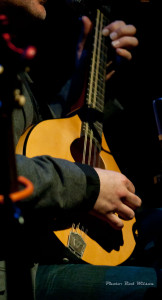 leads. When played solo it does not have a pleasant sound. However, in ensemble situations its loud percussive notes adds rhythm and punch to melody lines. It is particularly effective when played in unison with other melody instruments such as fiddle and accordions. Darren also plays a Bruce Weber Irish Bouzouki. For those unfamiliar with the Irish bouzouki it is a mandolin styled instrument (“a mandolin on steroids”) that originally started out as the Greek Bouzouki before Irish musicians adopted it in the mid-1960s. Darren’s instrument is a custom built instrument designed to have a high tight sound that doesn’t conflict with the bass register of Jason’s Cape Breton style piano. Last but not least is his Mark Franzke Dog Boys custom built A- style mandolin.
leads. When played solo it does not have a pleasant sound. However, in ensemble situations its loud percussive notes adds rhythm and punch to melody lines. It is particularly effective when played in unison with other melody instruments such as fiddle and accordions. Darren also plays a Bruce Weber Irish Bouzouki. For those unfamiliar with the Irish bouzouki it is a mandolin styled instrument (“a mandolin on steroids”) that originally started out as the Greek Bouzouki before Irish musicians adopted it in the mid-1960s. Darren’s instrument is a custom built instrument designed to have a high tight sound that doesn’t conflict with the bass register of Jason’s Cape Breton style piano. Last but not least is his Mark Franzke Dog Boys custom built A- style mandolin. 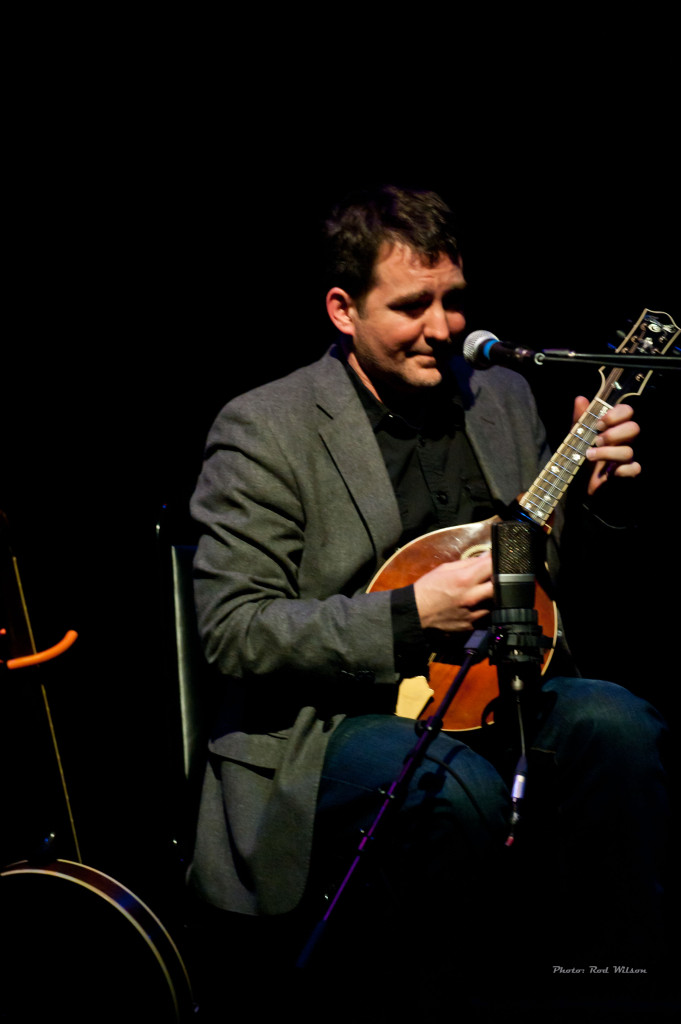
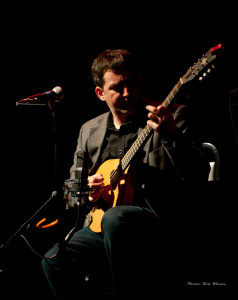
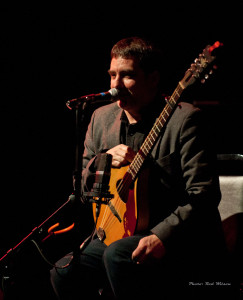
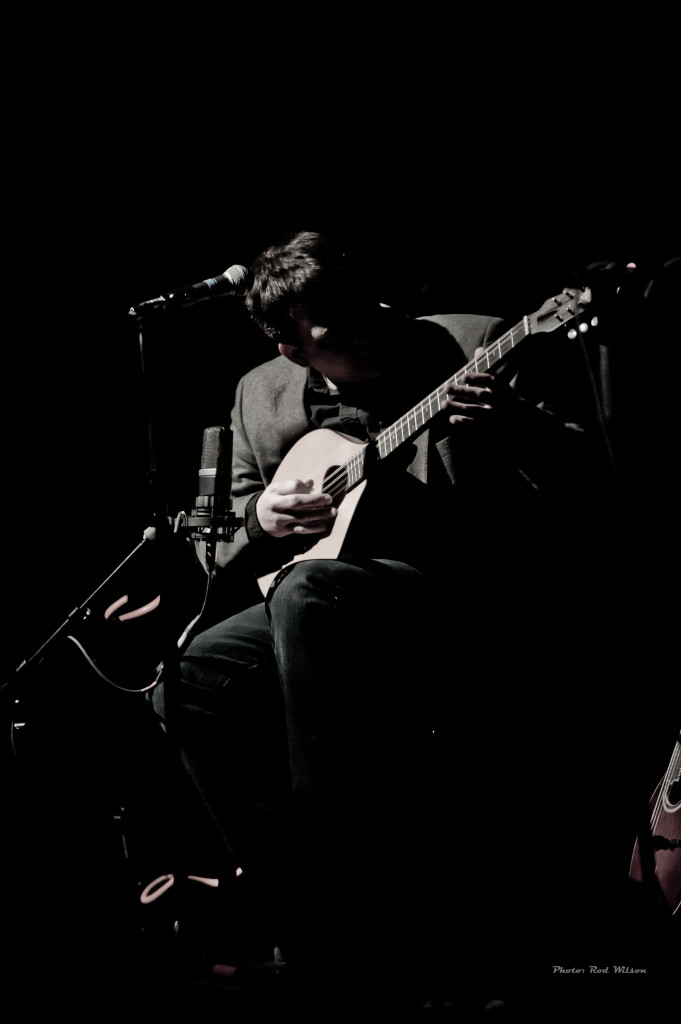
This was a night of exciting Canadian Music and one that may be repeated in the future. There are already rumours that the band will be back. If so Coig is not to be missed.
@@@@@@@@@@@@@
Here is a YouTube clip just to give us an after taste of the concert:
@@@@@@@@@@@@@


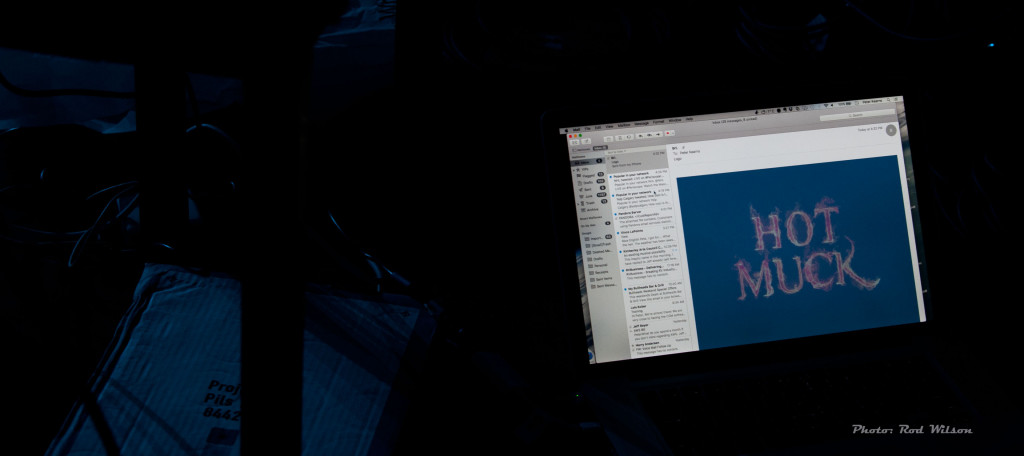
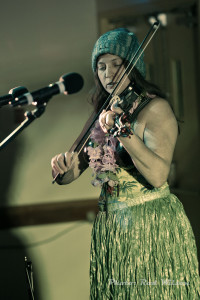
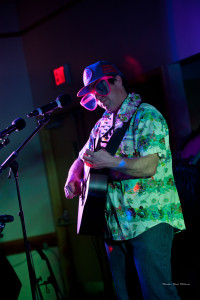
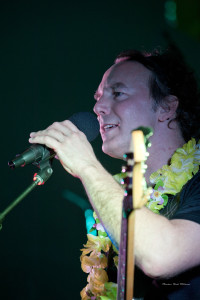

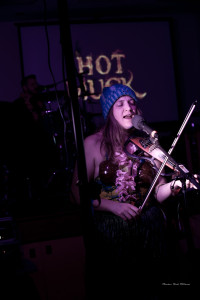
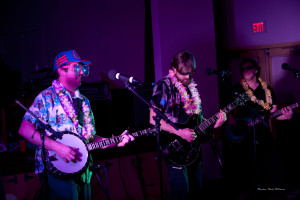
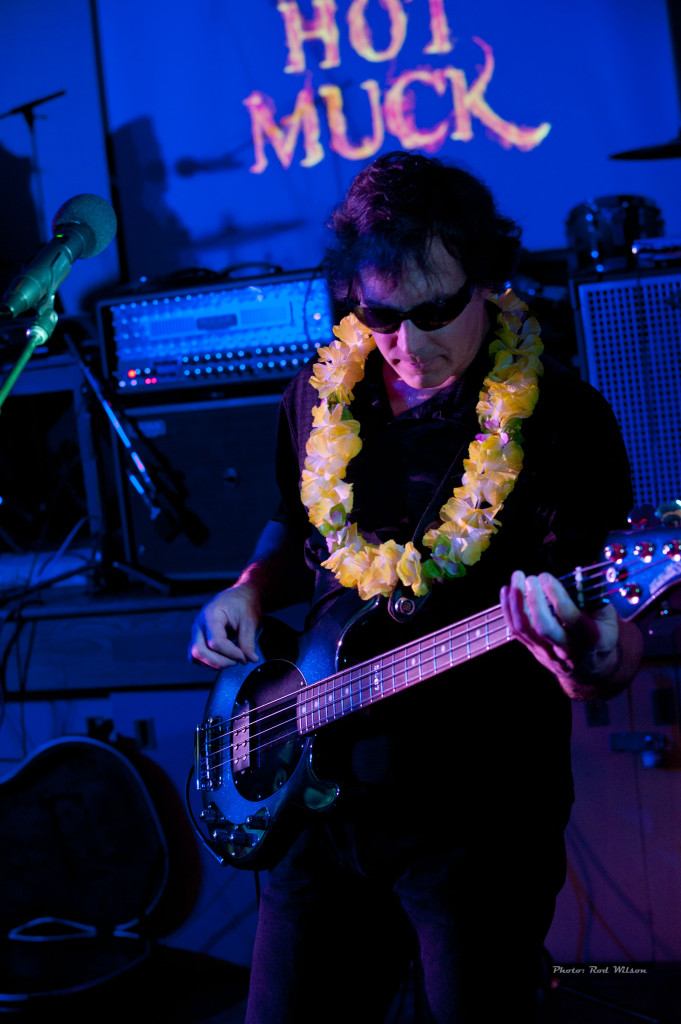
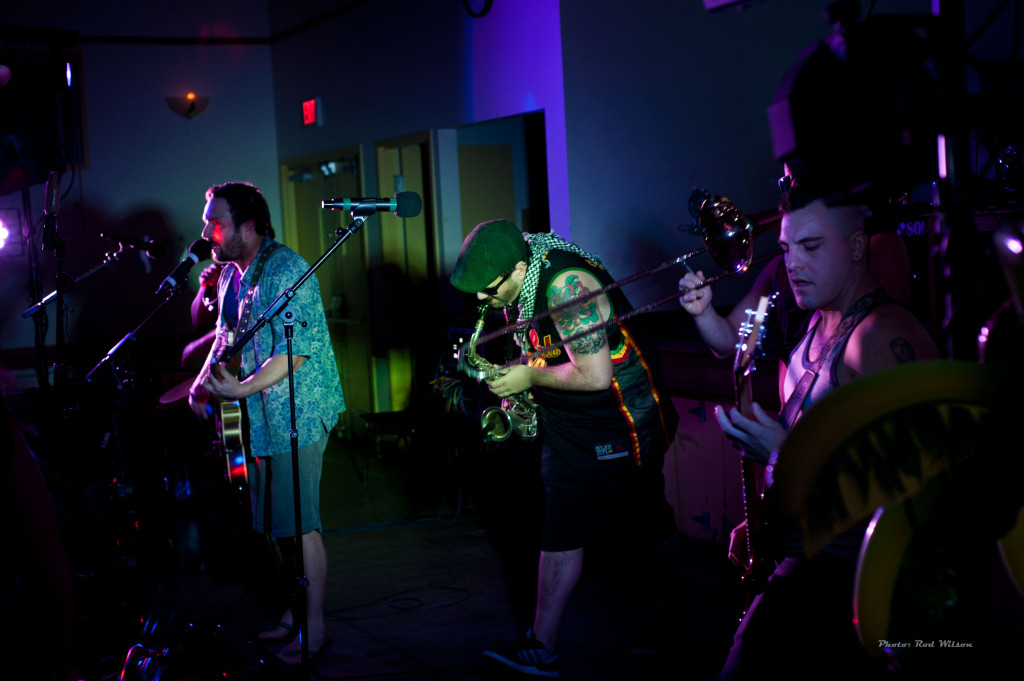
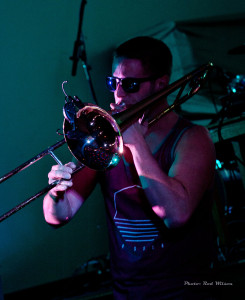
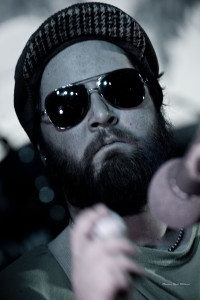
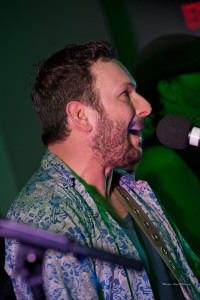
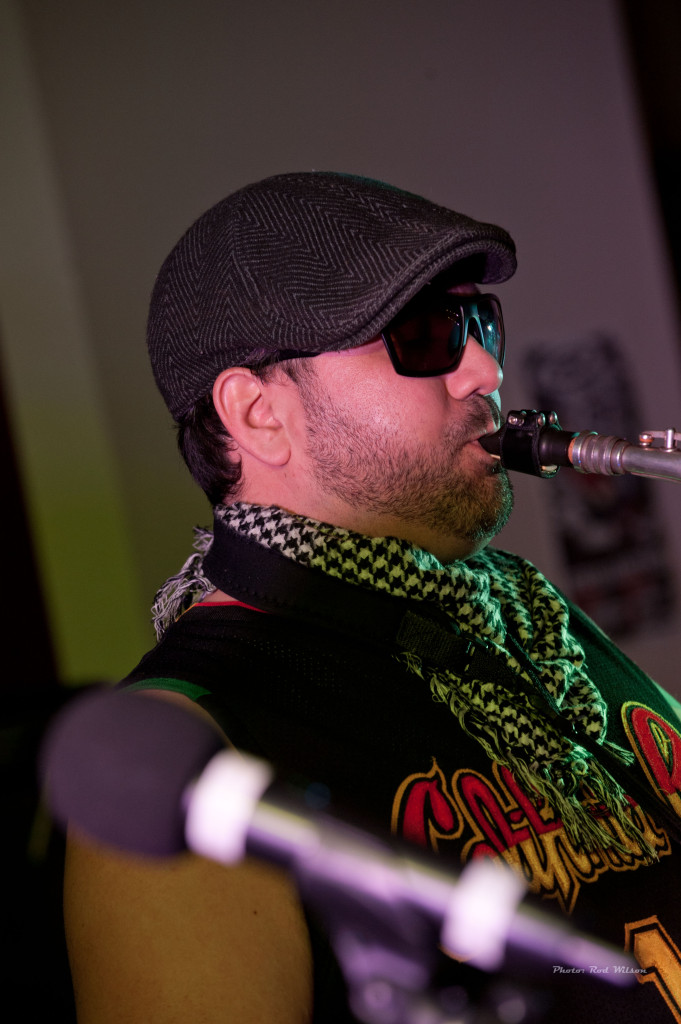
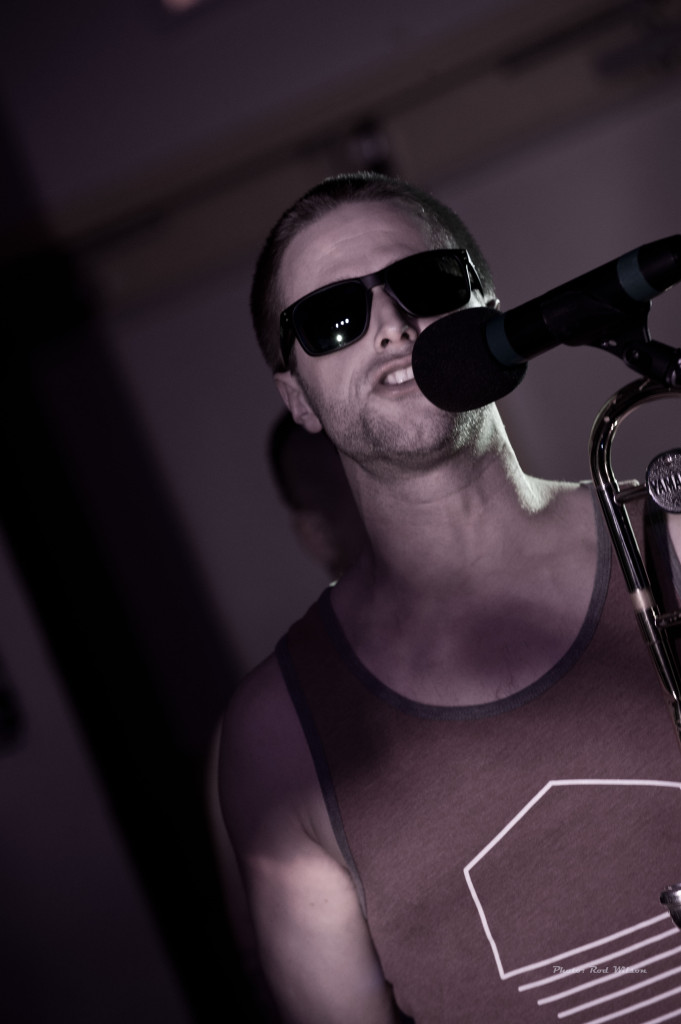
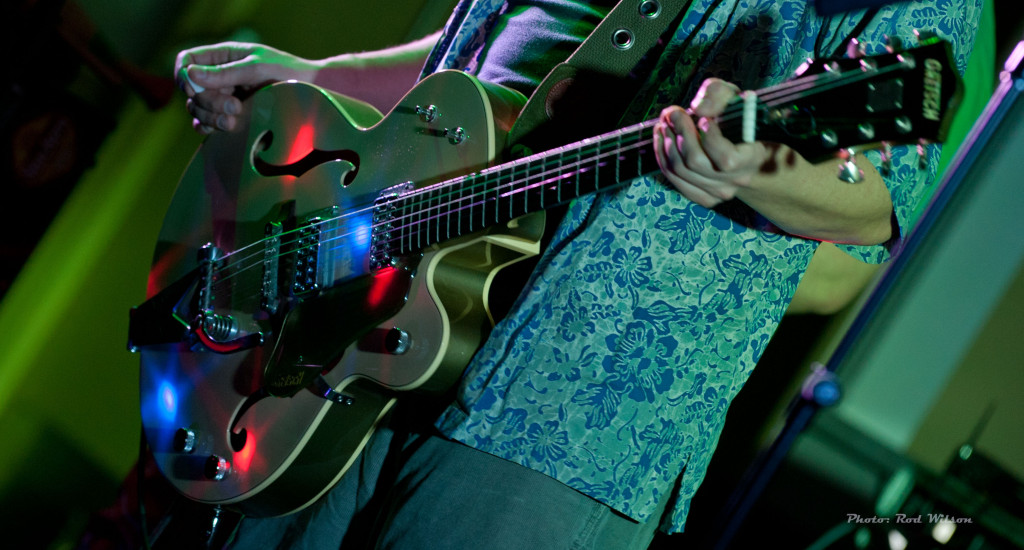
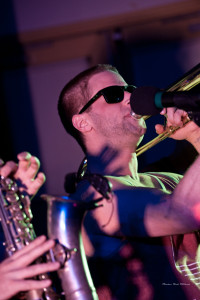
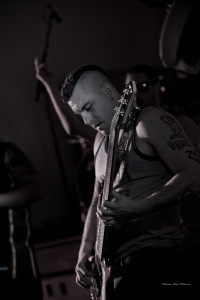
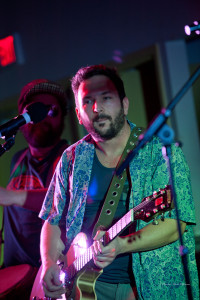
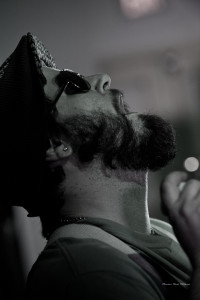
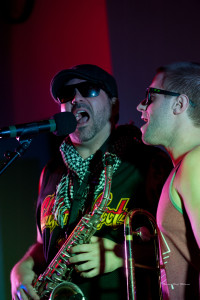
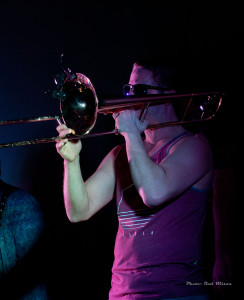
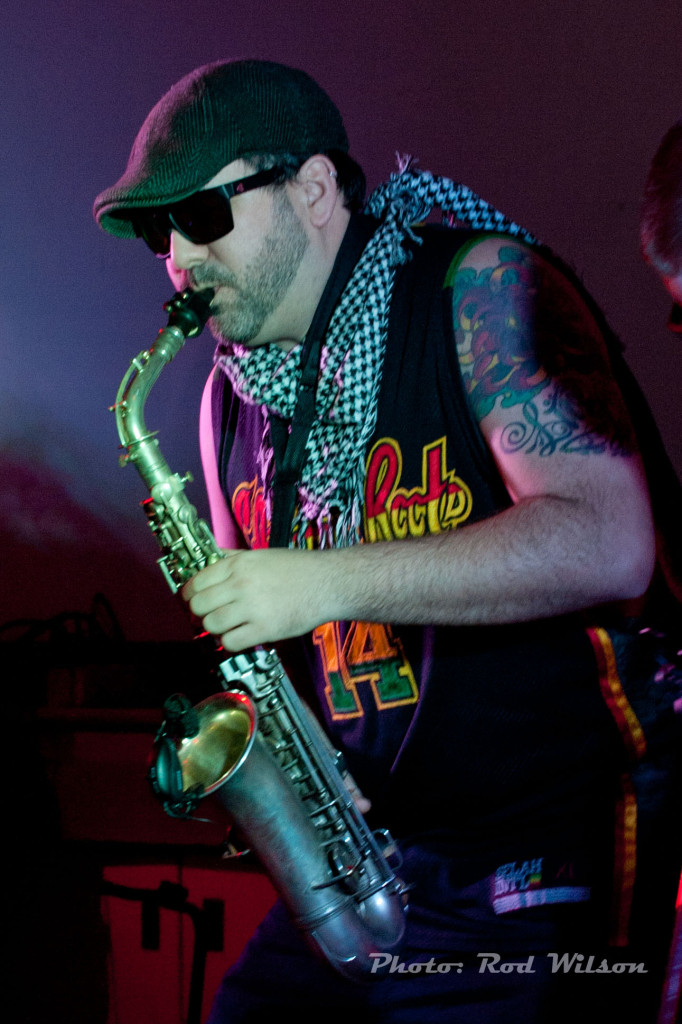
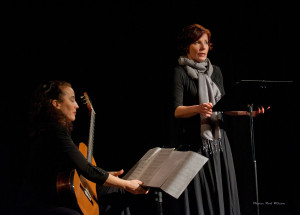
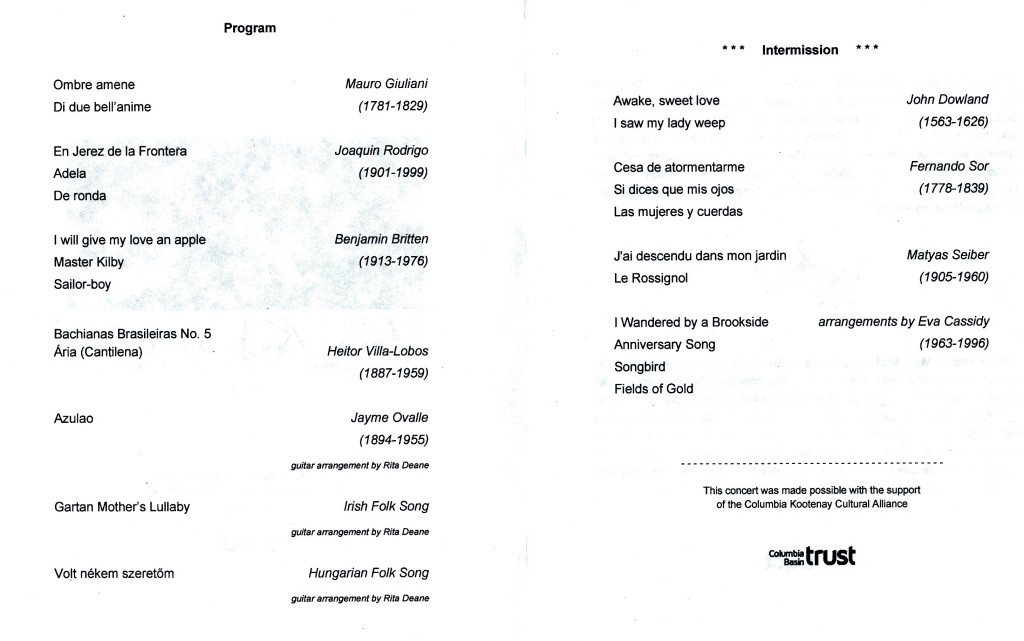
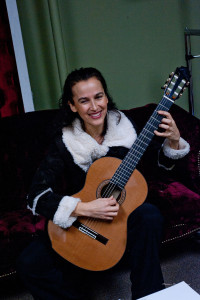
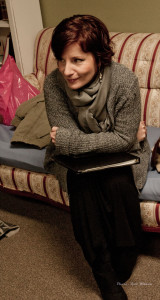
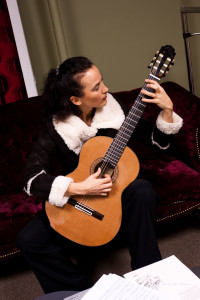
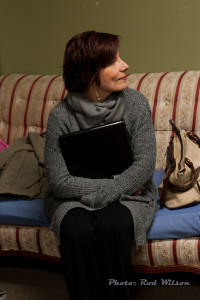
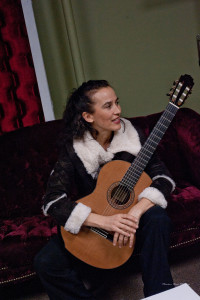
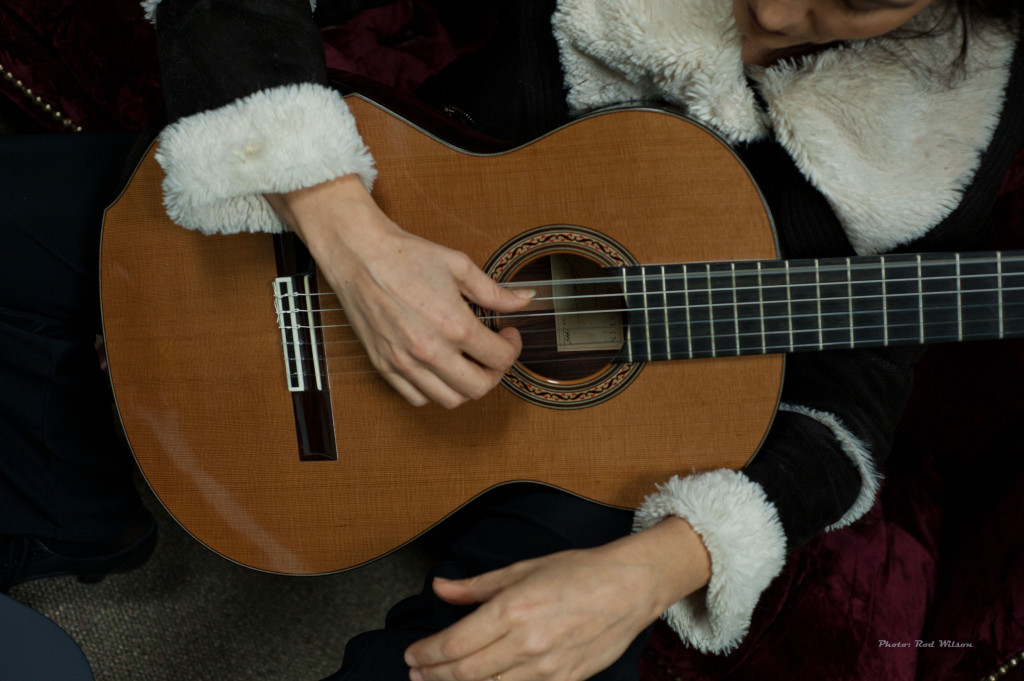 Some images from the concert:
Some images from the concert: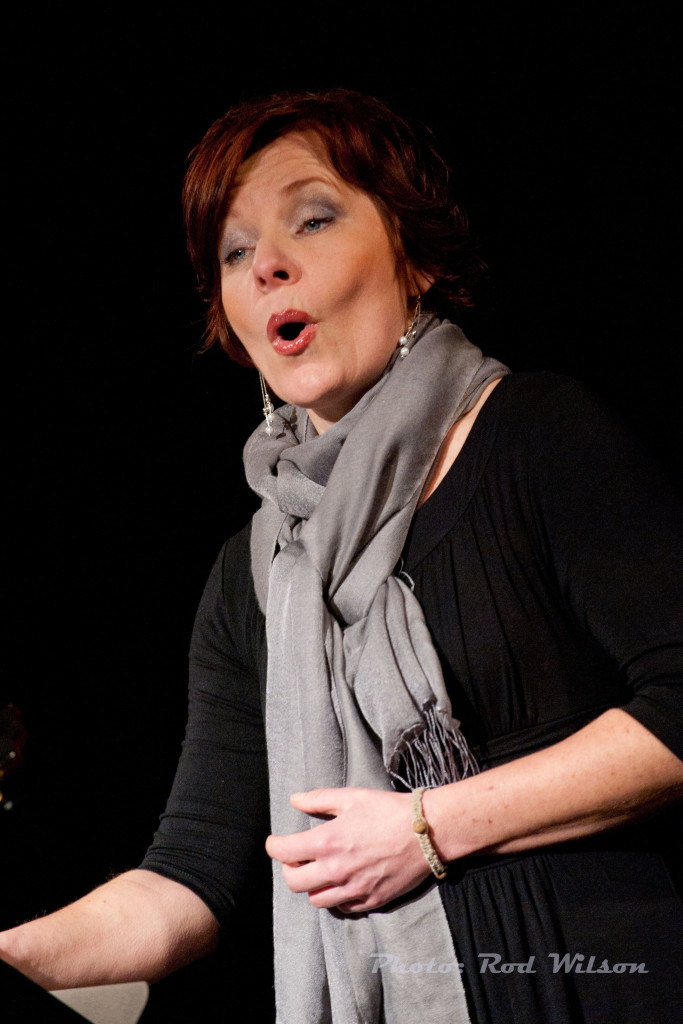
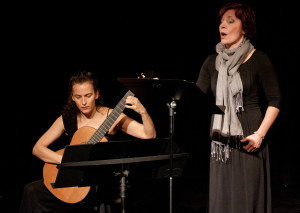
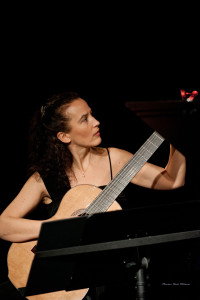
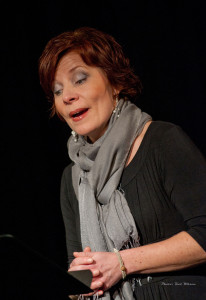
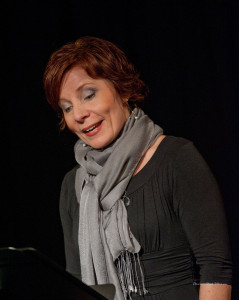
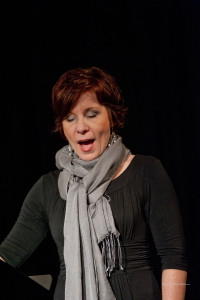
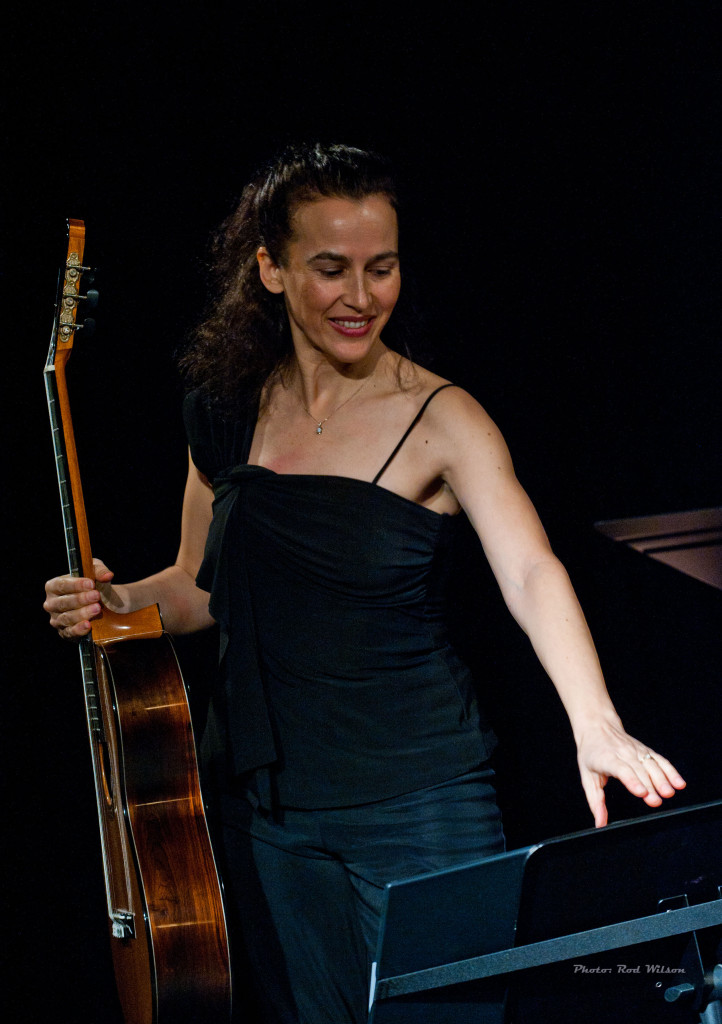
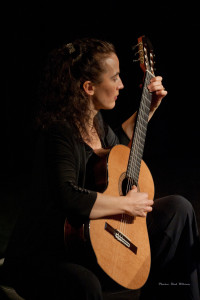
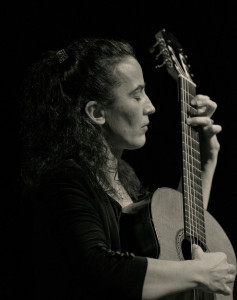
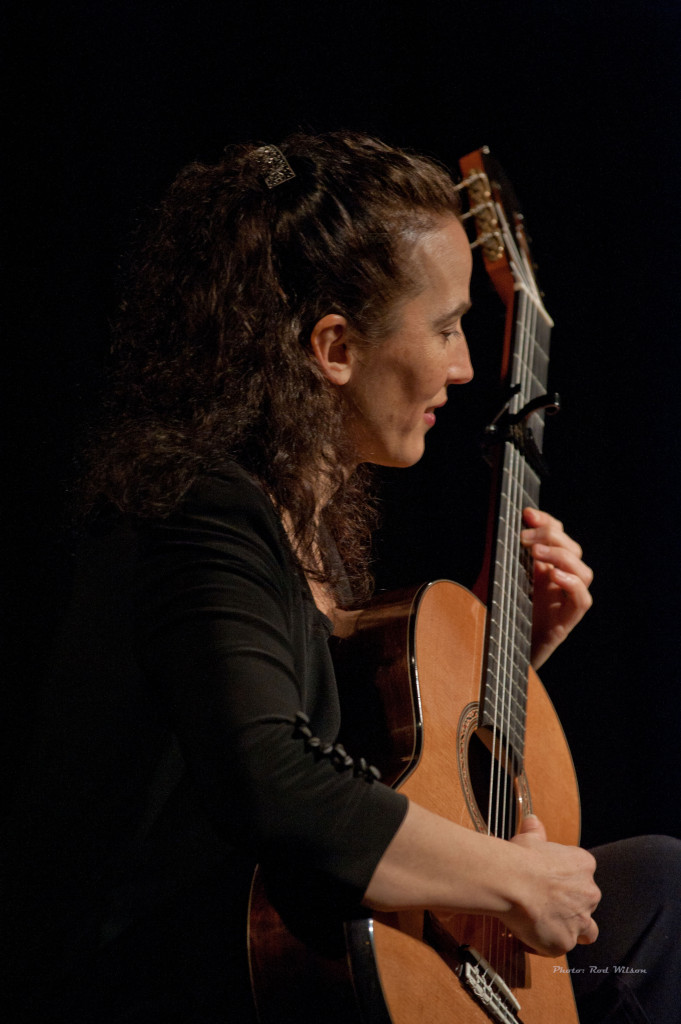
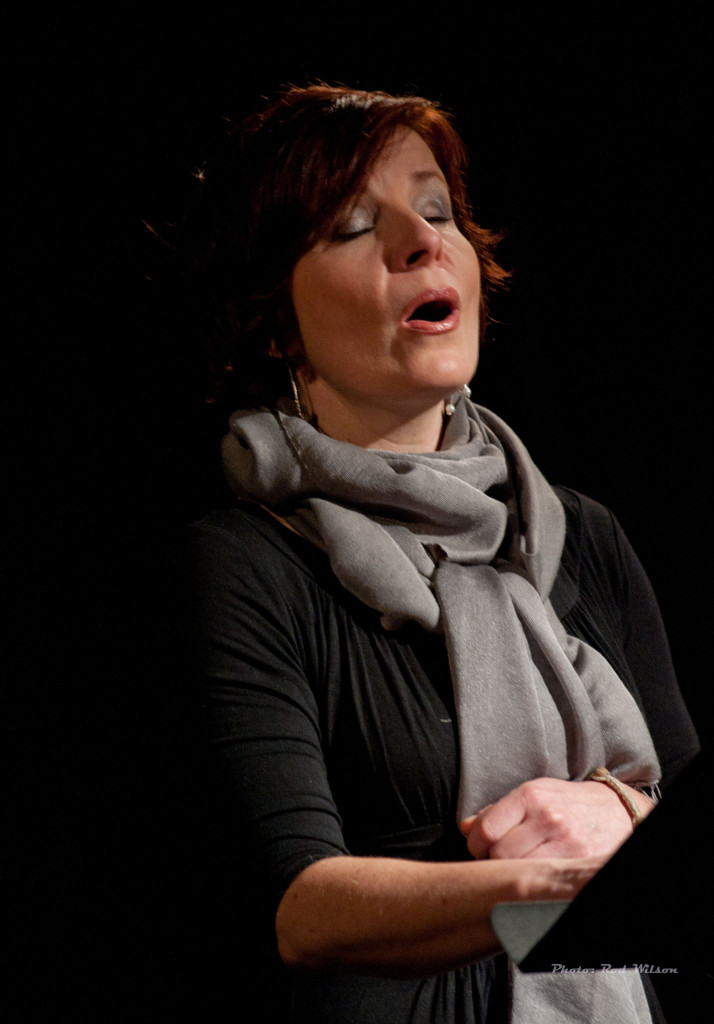
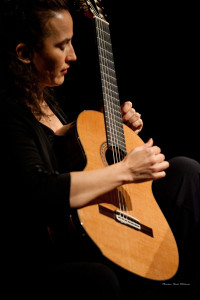
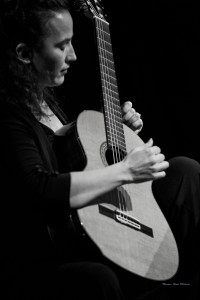
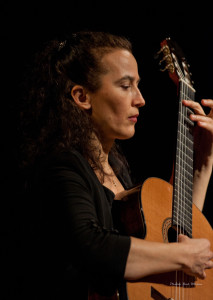
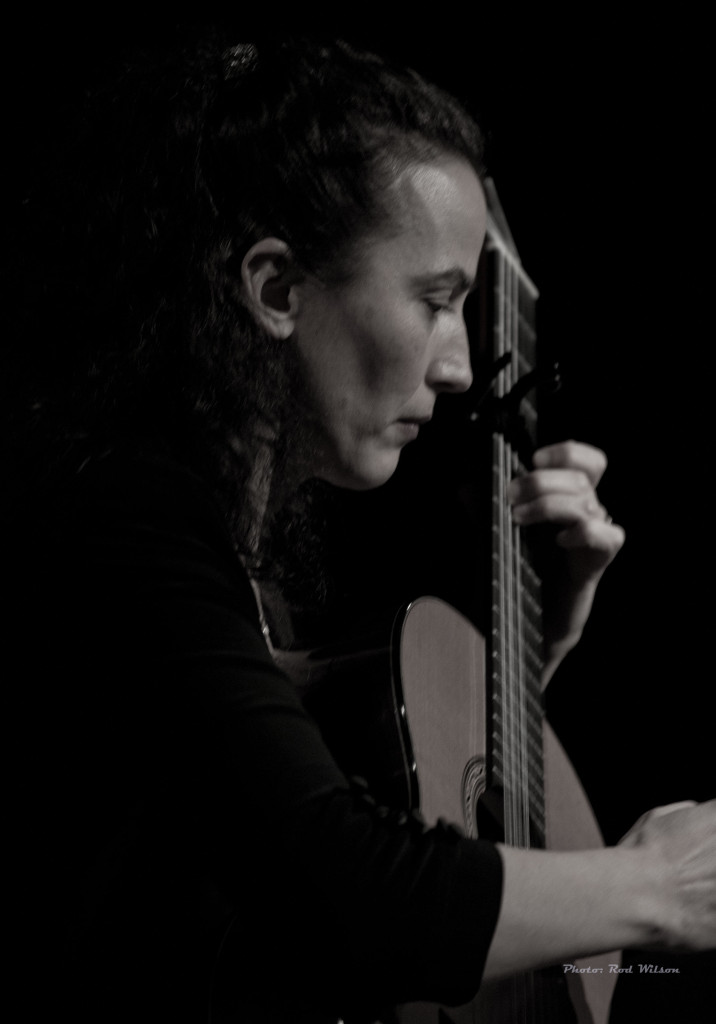
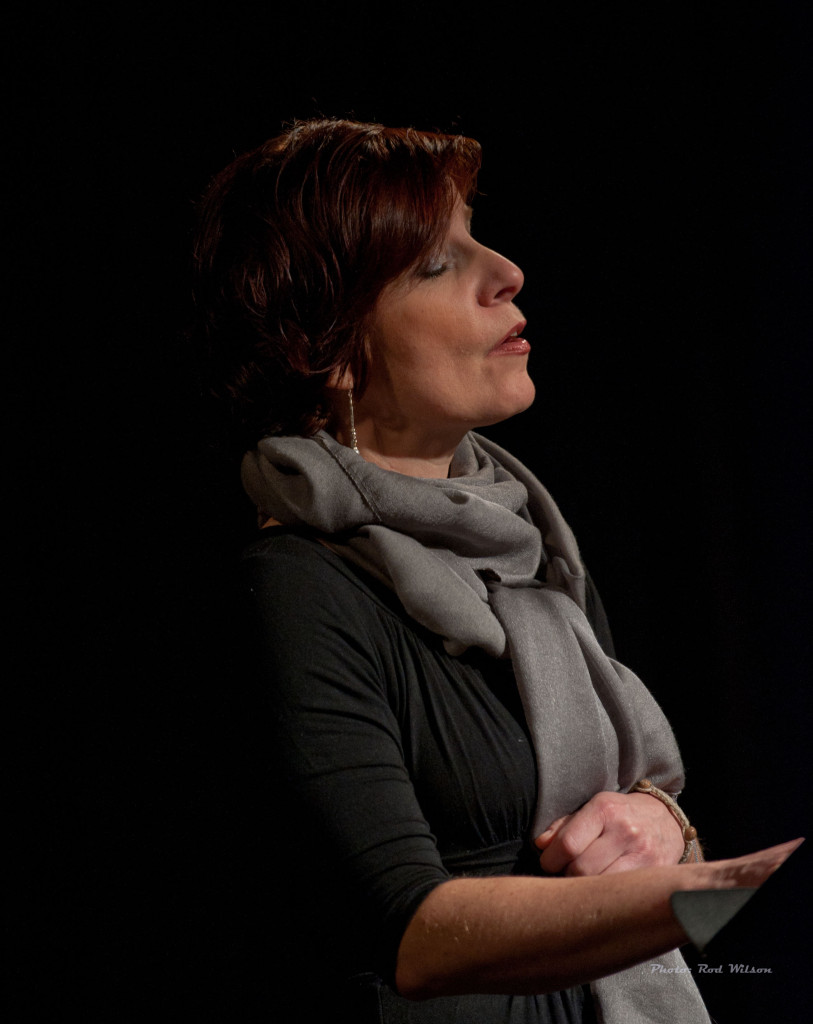
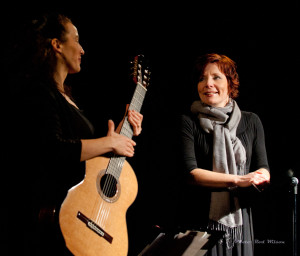
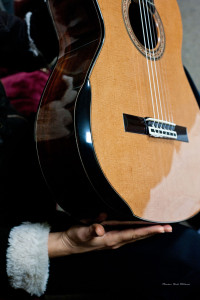
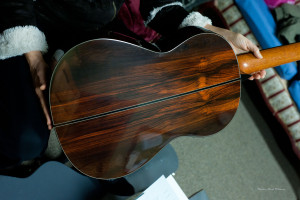
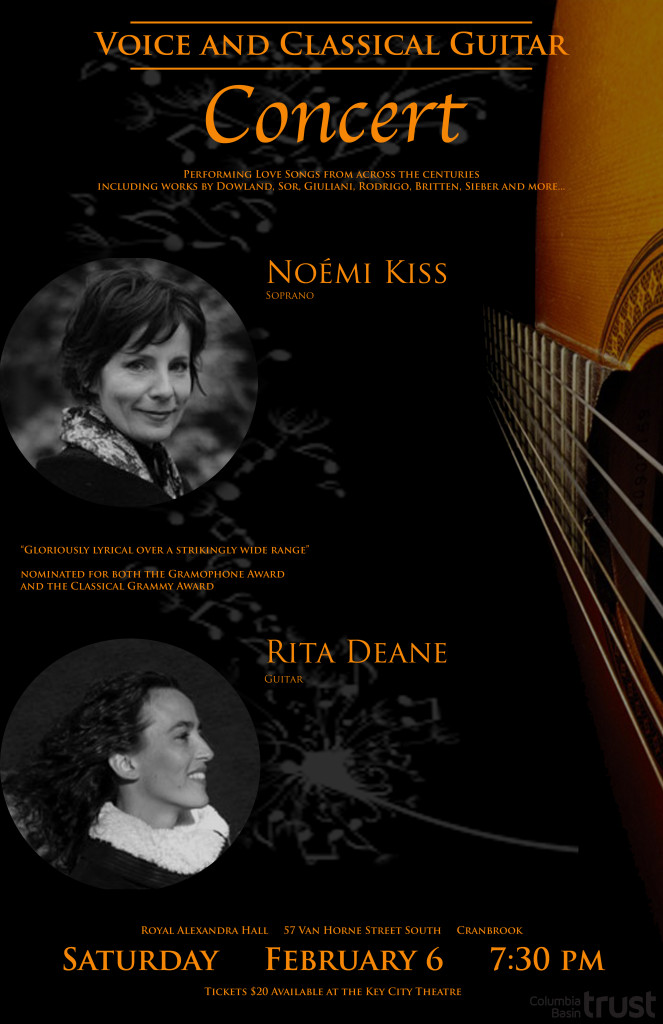
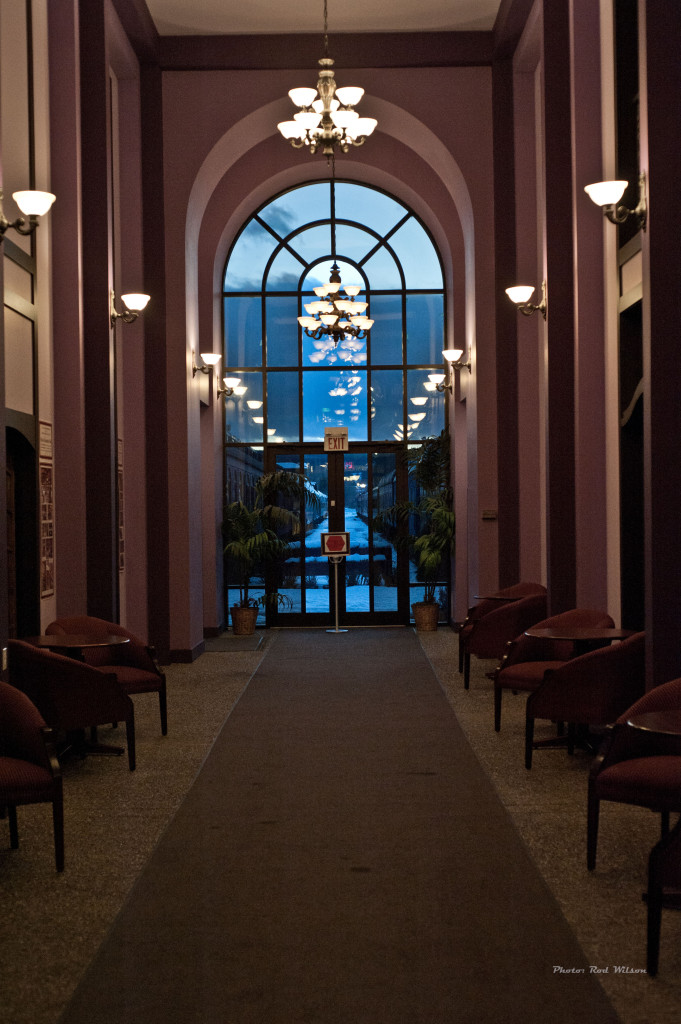
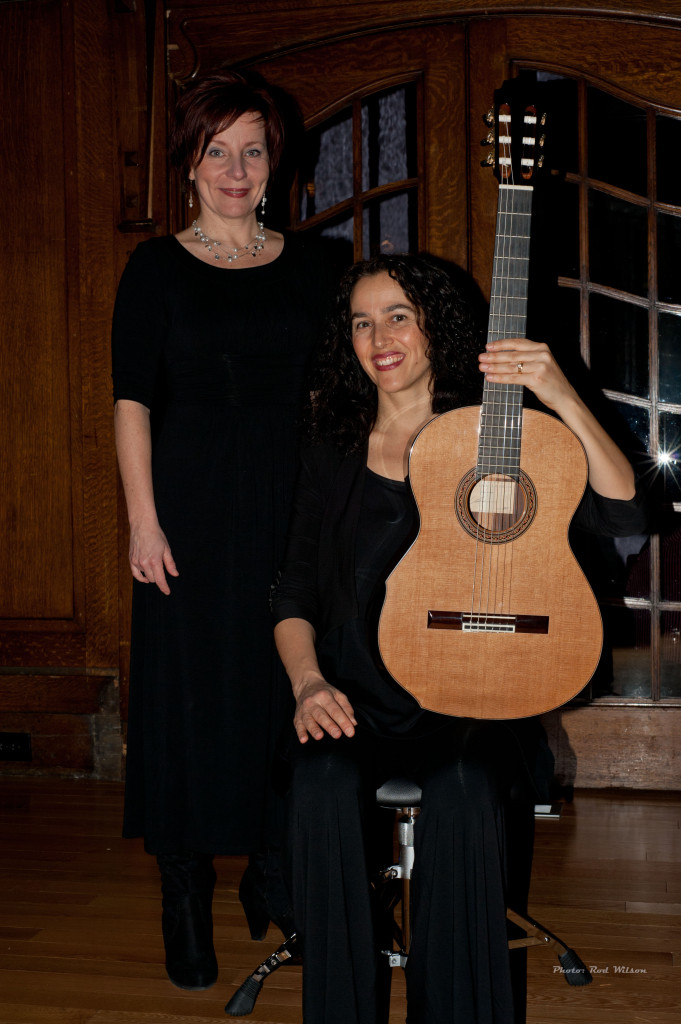
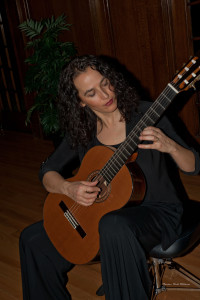
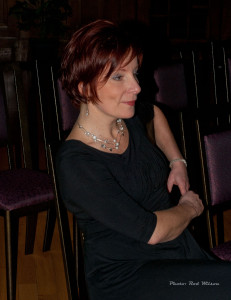
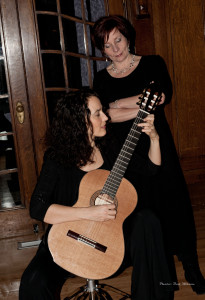
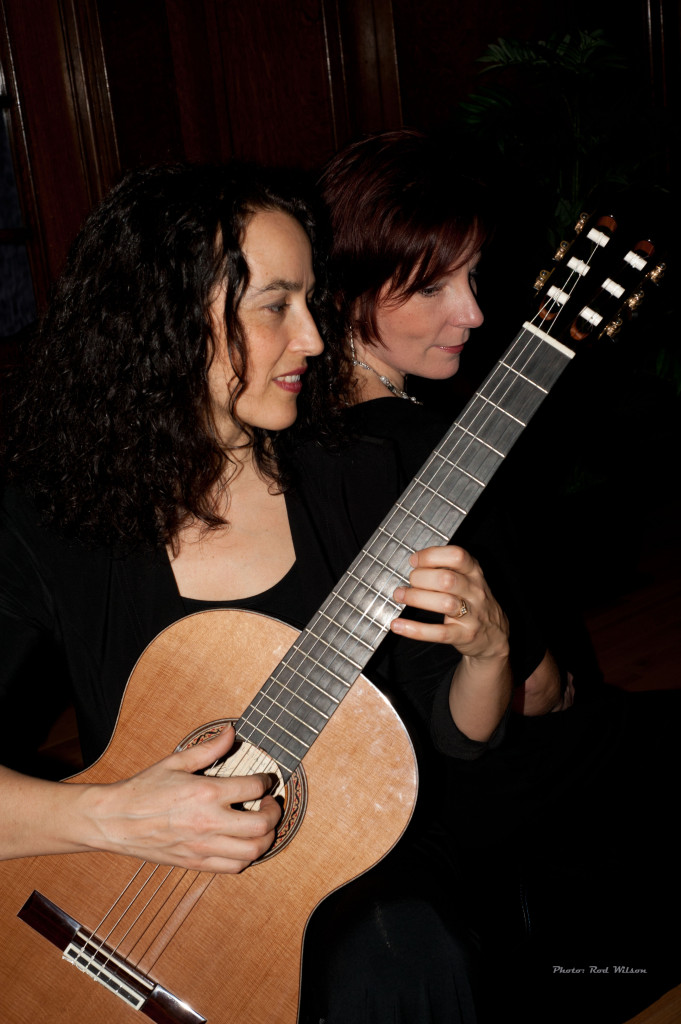
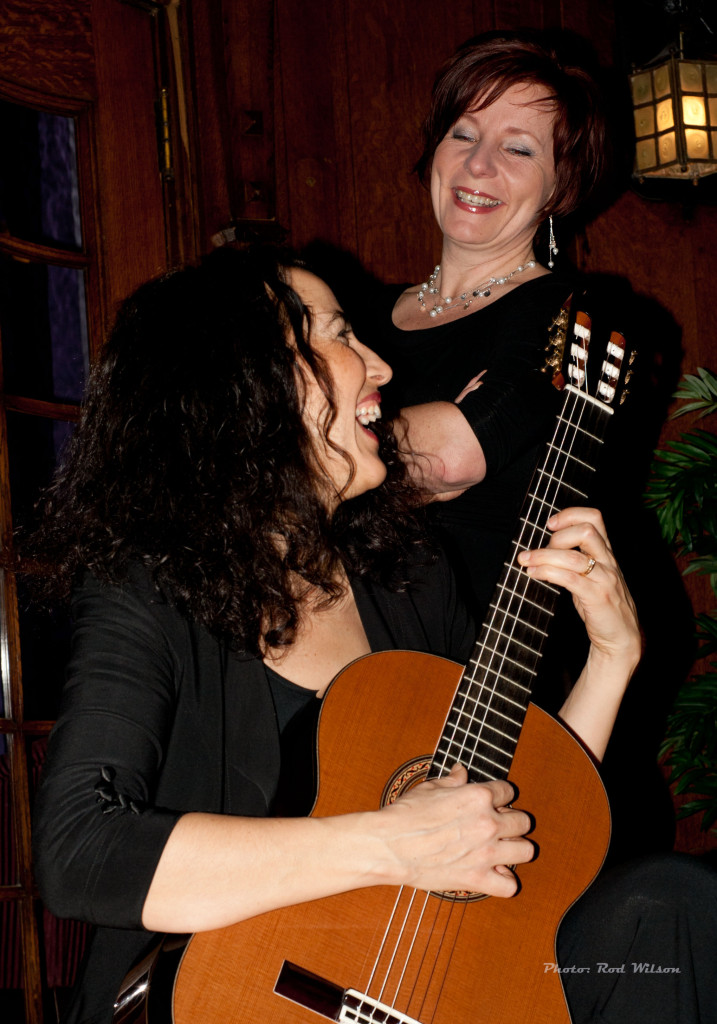
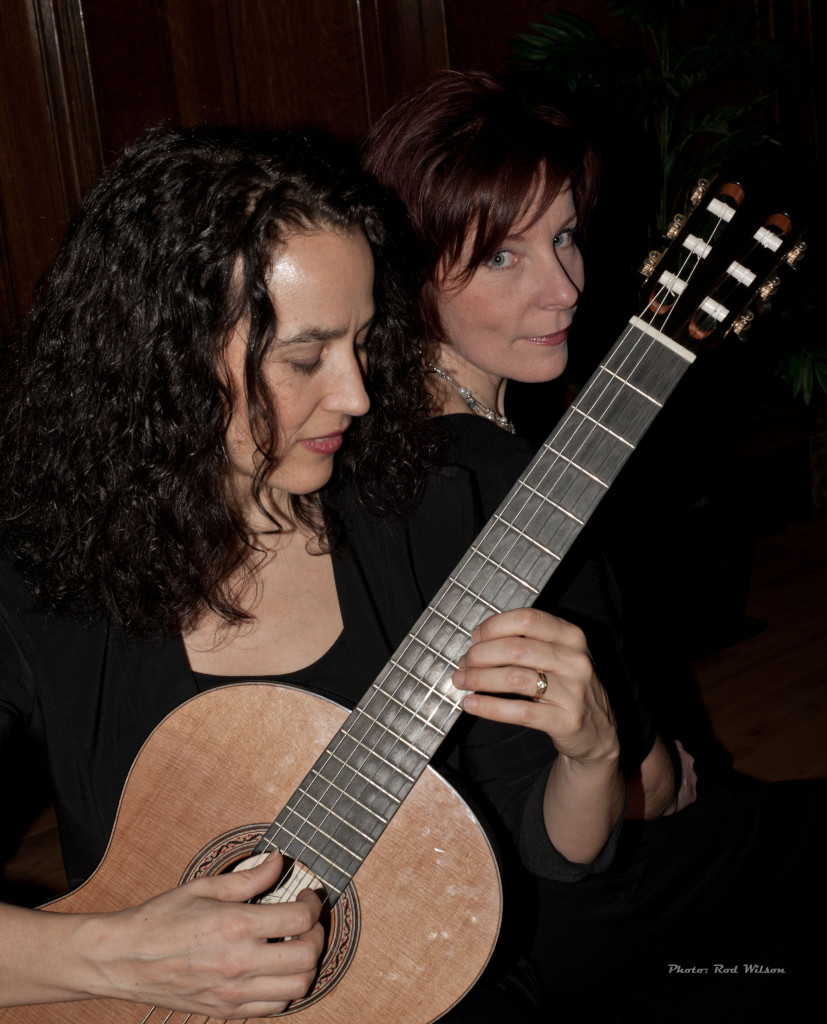
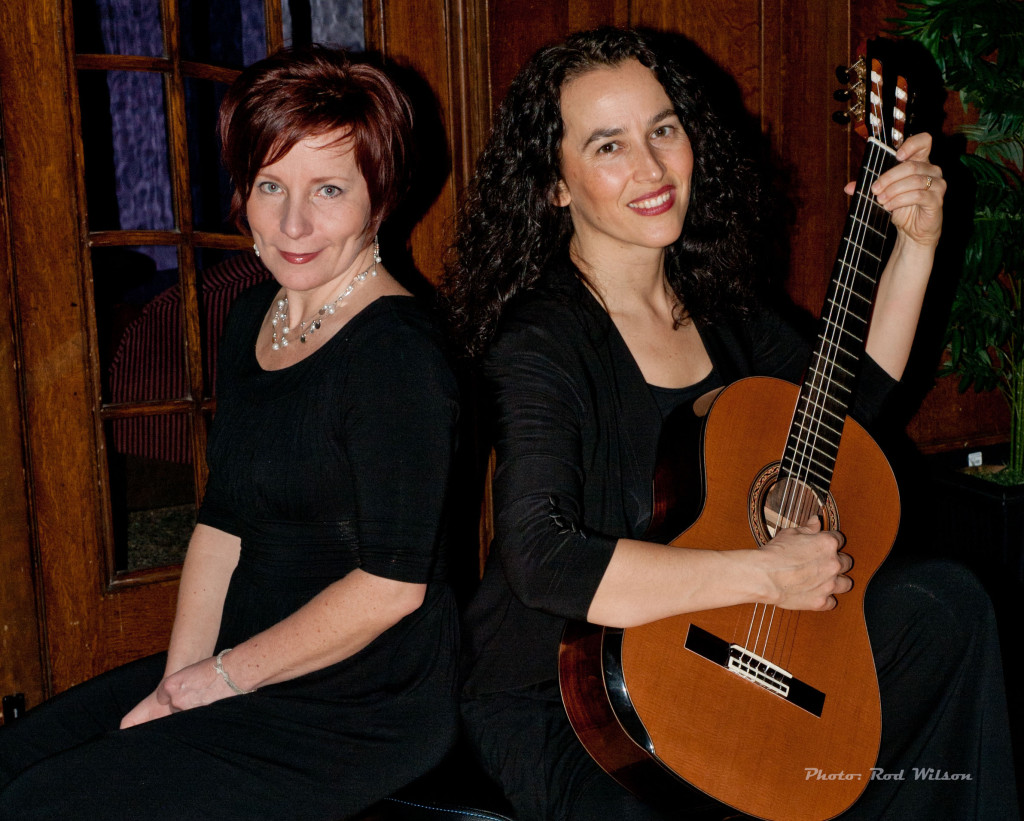
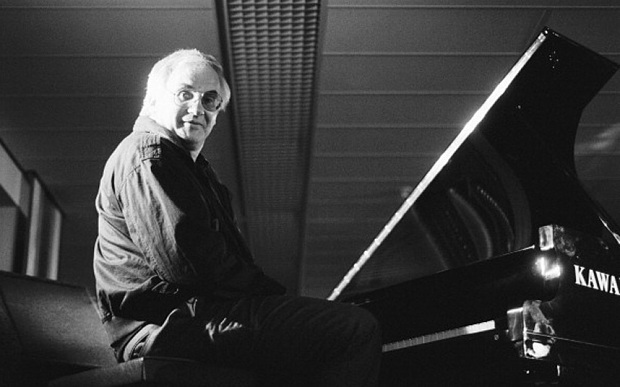
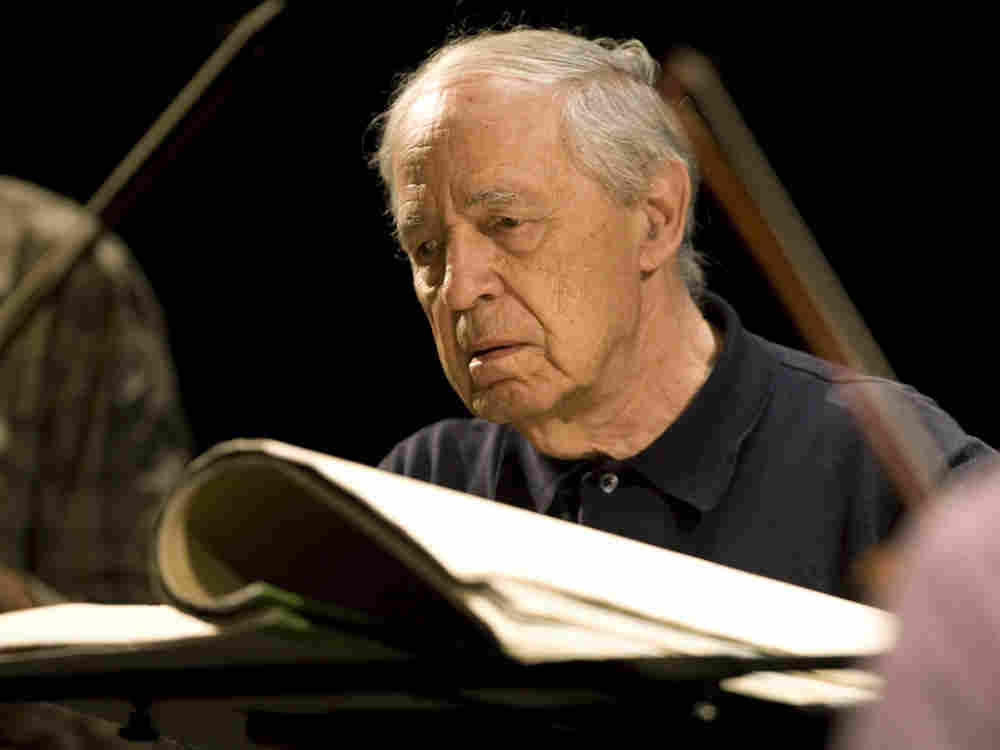
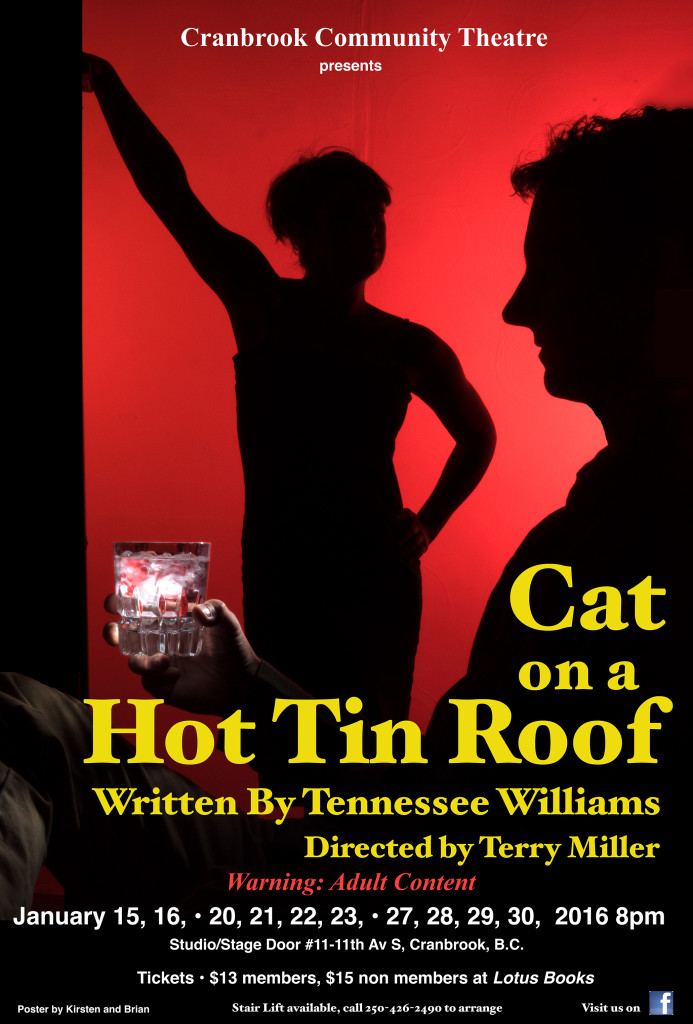
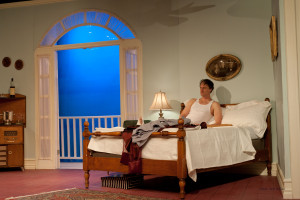
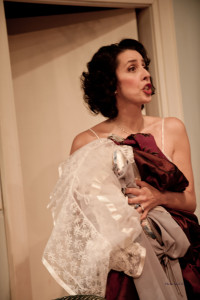
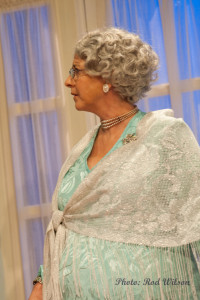
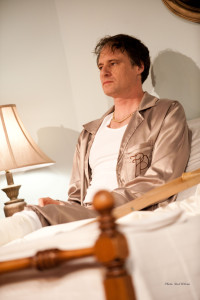
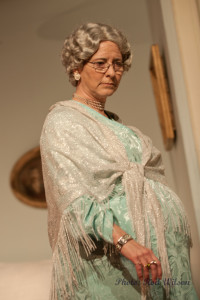
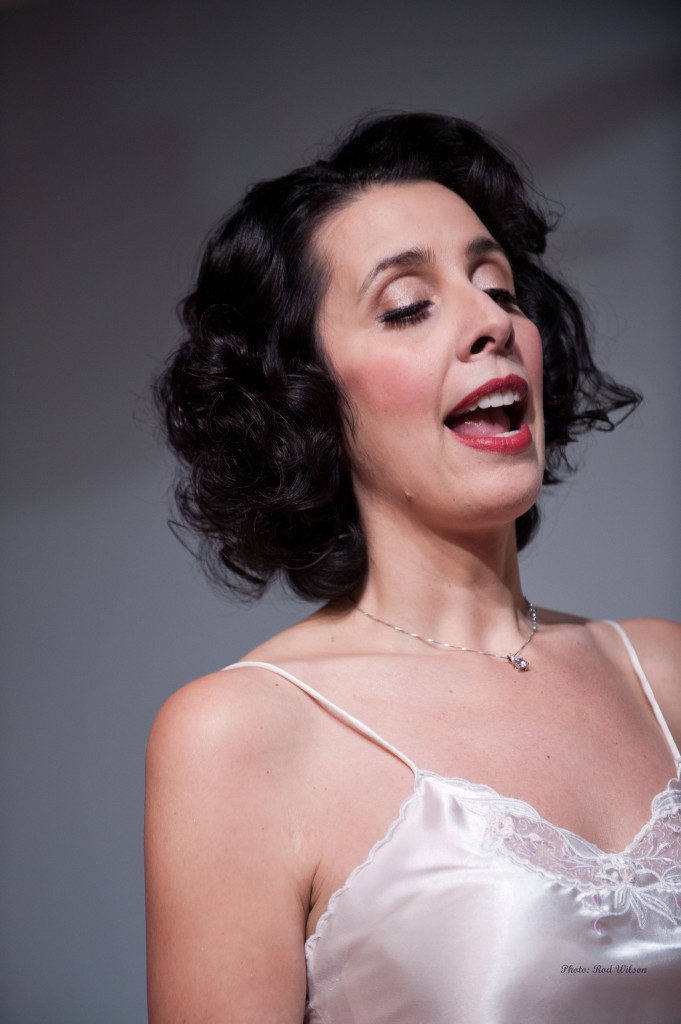
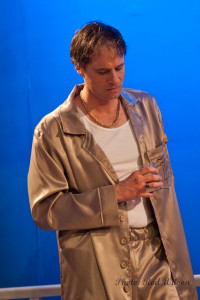
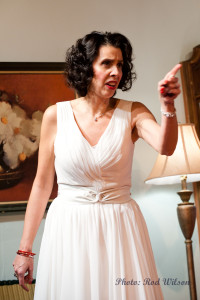
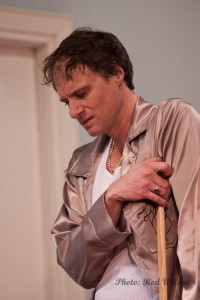
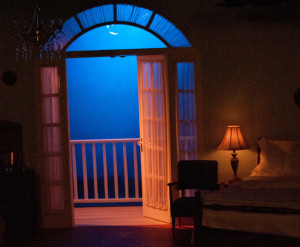
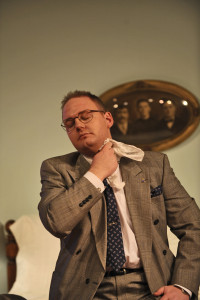
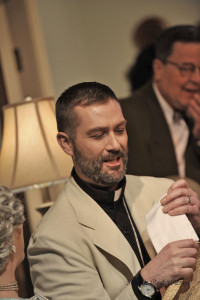
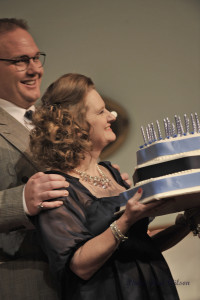
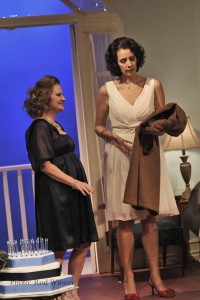
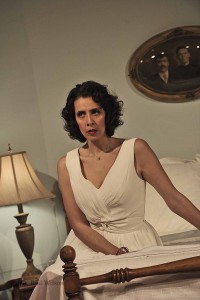
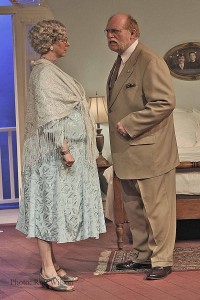
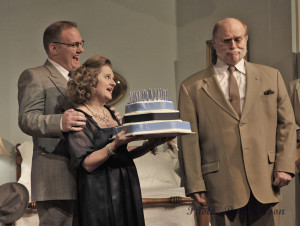
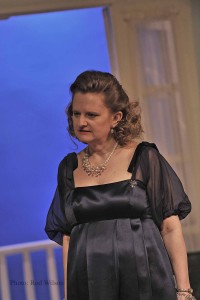
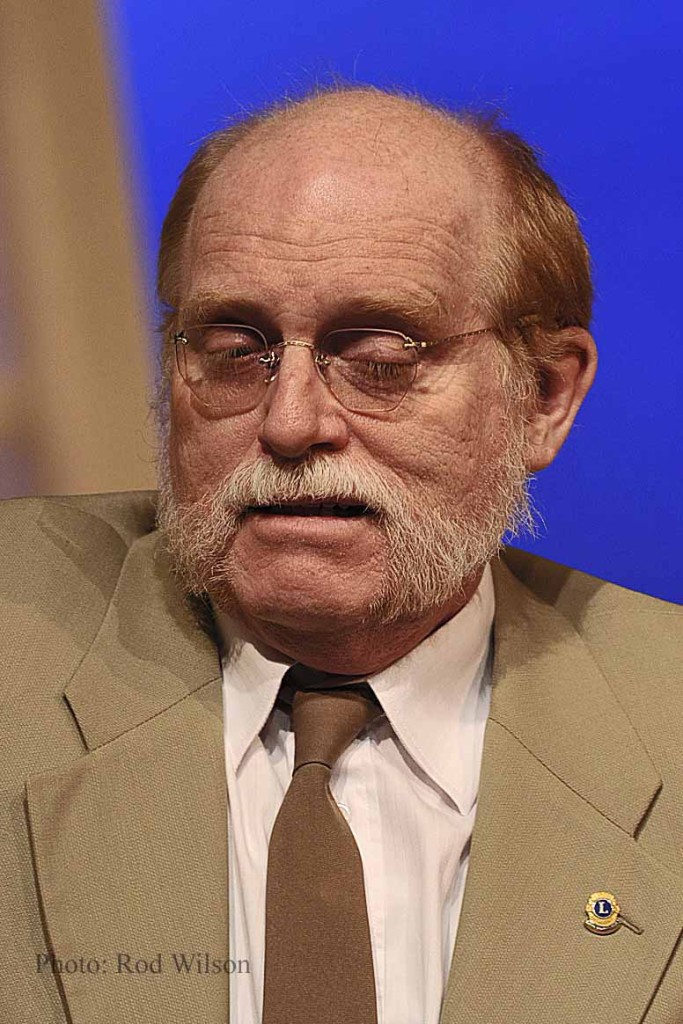
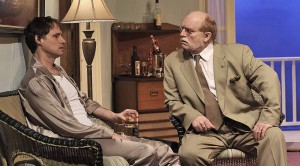
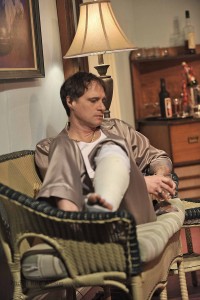
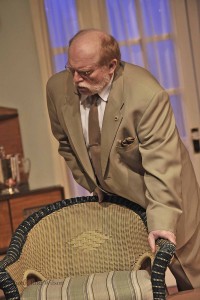
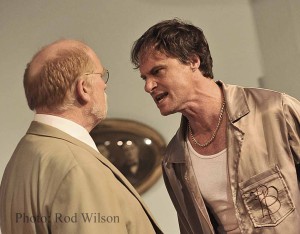
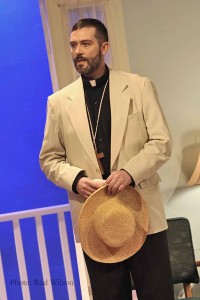
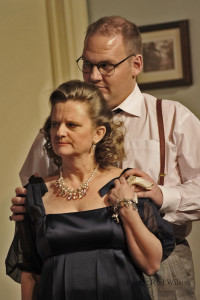
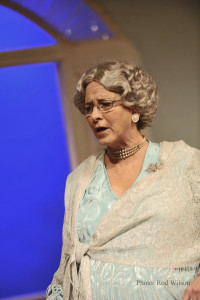
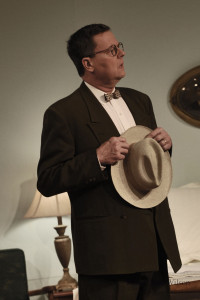
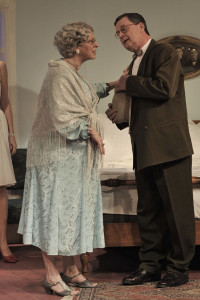
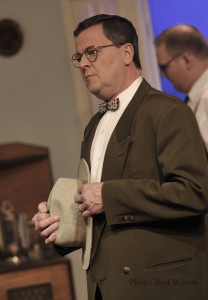
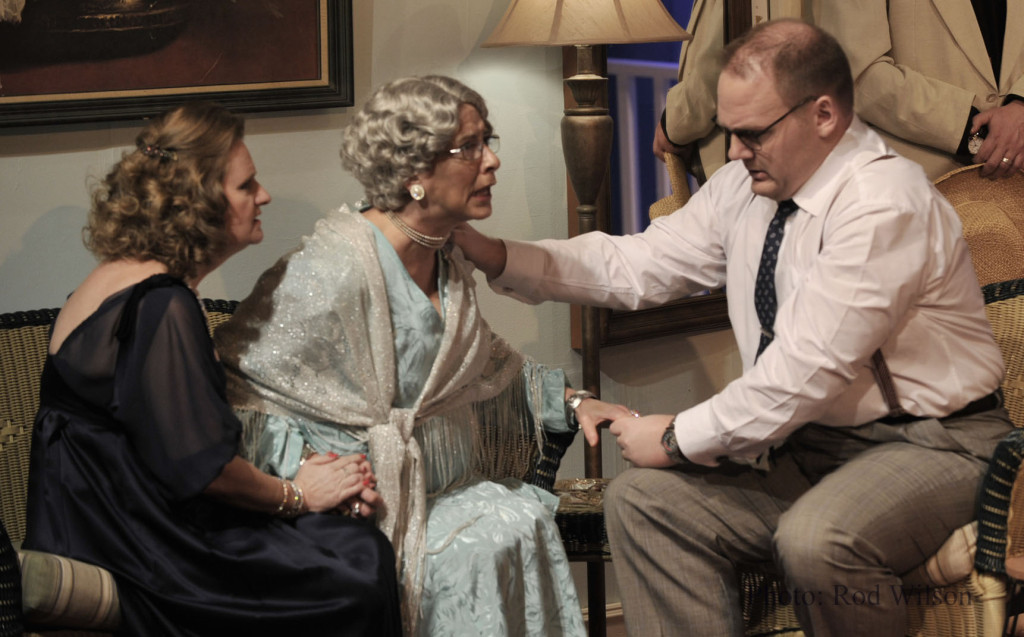
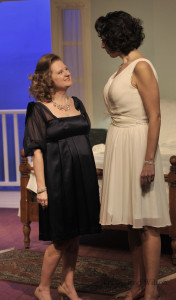
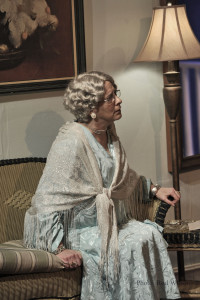
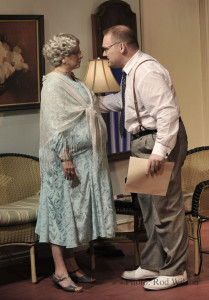
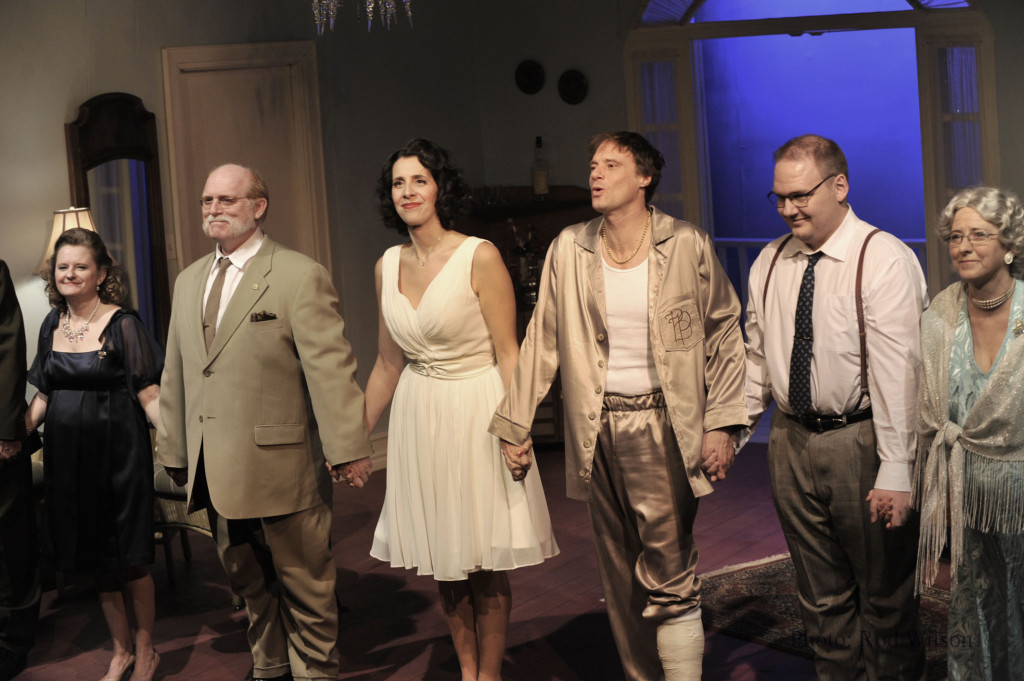

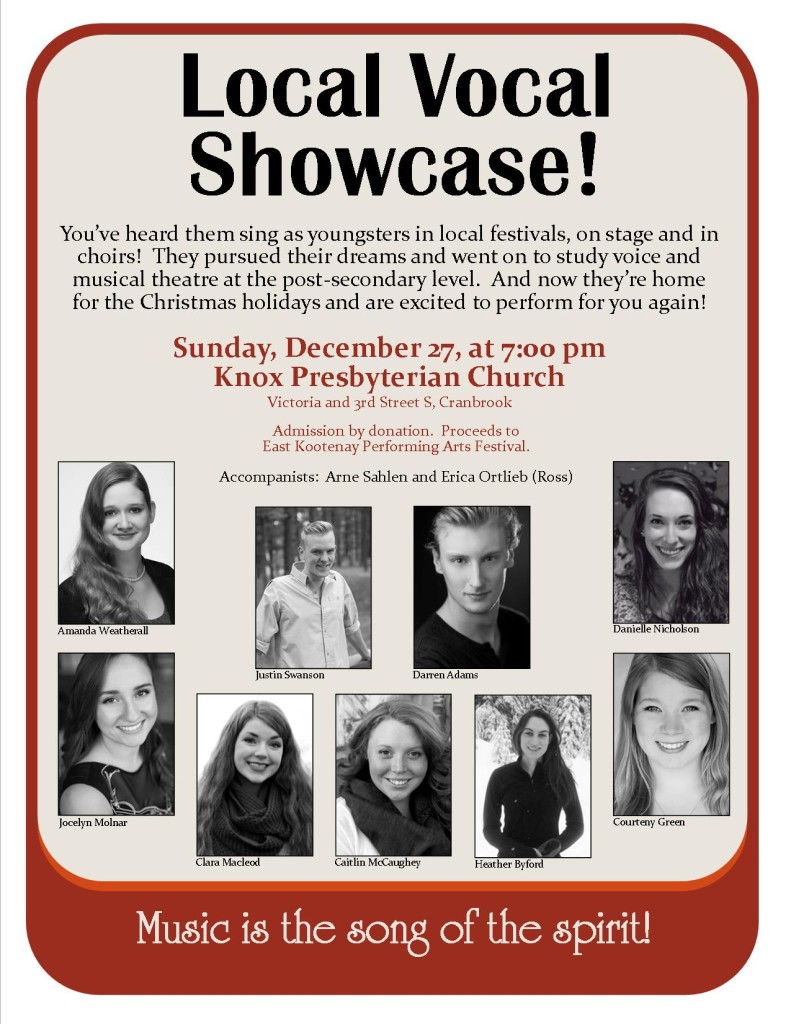
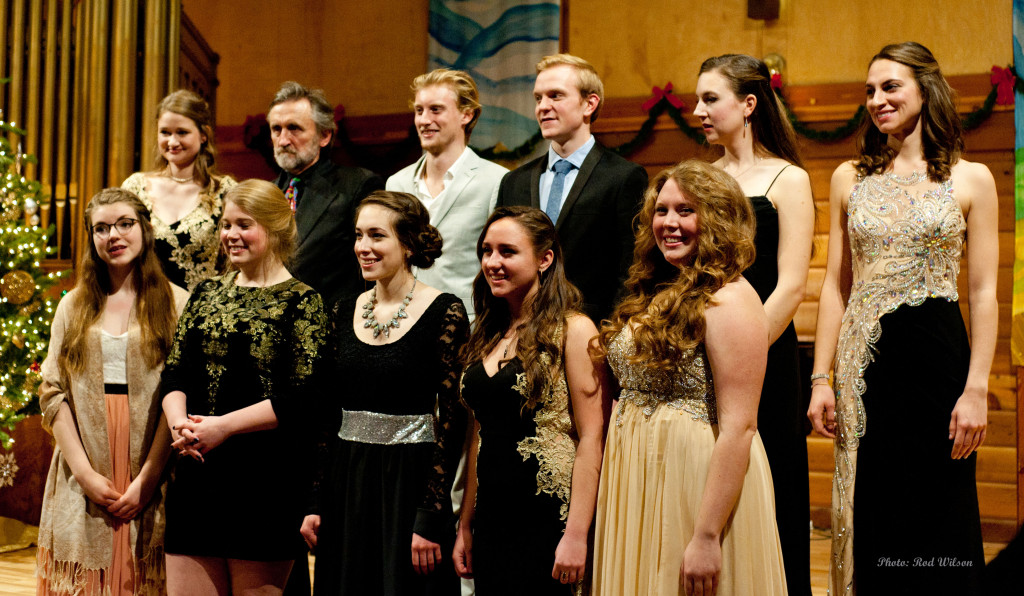
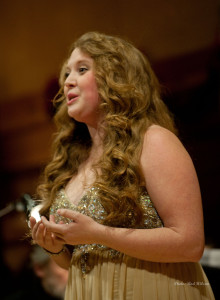 Dr. Darryl Edwards and during this past summer she attended the Centre for Opera Studies in Italy. For this concert she performed Quando men vo from Giacomo Puccini’s opera La Boheme. For her second piece she chose Ah! Je Veaux vivre from Charles Gounod’s Romeo and Juliet. Caitlin plans to pursue a professional career in Opera.
Dr. Darryl Edwards and during this past summer she attended the Centre for Opera Studies in Italy. For this concert she performed Quando men vo from Giacomo Puccini’s opera La Boheme. For her second piece she chose Ah! Je Veaux vivre from Charles Gounod’s Romeo and Juliet. Caitlin plans to pursue a professional career in Opera.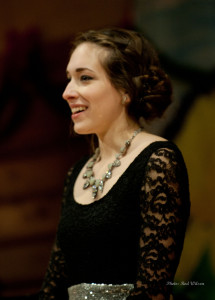 currently completing her A.R.C.T. Performance Diploma with the Royal Conservatory of Music and is planning to begin her BMus in Vocal Performance at either UBC, University of Toronto or McGill. She chose Must the Winter Come So Soon from Samuel Barber’s Vanessa and Faites-lui-mes aveux from Charles Gounod’s Faust.
currently completing her A.R.C.T. Performance Diploma with the Royal Conservatory of Music and is planning to begin her BMus in Vocal Performance at either UBC, University of Toronto or McGill. She chose Must the Winter Come So Soon from Samuel Barber’s Vanessa and Faites-lui-mes aveux from Charles Gounod’s Faust.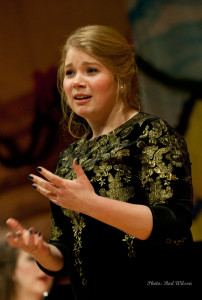 and choreographer at Stages School of Dancing in Golden. Her selections were Breathe from In the Heights by Lin-Manuel Miranda and Leonard Bertein’s Glitter and be Gay from Candide.
and choreographer at Stages School of Dancing in Golden. Her selections were Breathe from In the Heights by Lin-Manuel Miranda and Leonard Bertein’s Glitter and be Gay from Candide.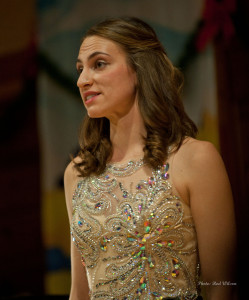 High School Heather attended the University of Lethbridge and obtained a Bachelor’s Degree in Classical Music with a major in Vocal Performance. She has returned to the East Kootenays with the intention of starting her own teaching studio. Heather selected La Mer est plus belle from the music by Claude Debussy and the poem by Paul Verlaine. Her second selection was Cruda Sorte! Gia so per practica from Giachino Rossini’s L’Italiana in Algeri.
High School Heather attended the University of Lethbridge and obtained a Bachelor’s Degree in Classical Music with a major in Vocal Performance. She has returned to the East Kootenays with the intention of starting her own teaching studio. Heather selected La Mer est plus belle from the music by Claude Debussy and the poem by Paul Verlaine. Her second selection was Cruda Sorte! Gia so per practica from Giachino Rossini’s L’Italiana in Algeri. 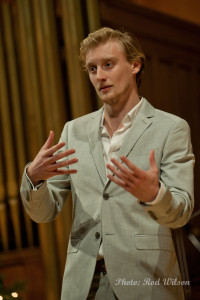 at Capilano University in Vancouver. Darren performed Try Me from Jerry Bock’s She Loves Me and Jason Robert Brown’s The Old Red Hills of Home from Parade. He was joined by Courtney Green for a duet performance of Jason Robert Brown’s I’d Give it all to You.
at Capilano University in Vancouver. Darren performed Try Me from Jerry Bock’s She Loves Me and Jason Robert Brown’s The Old Red Hills of Home from Parade. He was joined by Courtney Green for a duet performance of Jason Robert Brown’s I’d Give it all to You.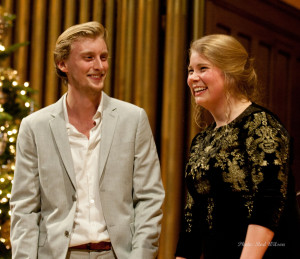
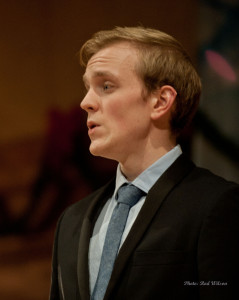 of Music. He has been studying for five years with aspirations of becoming an opera singer. He performed Francesco Paolo Tosti’s Ideale (lyrics by Carmelo Errico). He followed that up with a refreshing performance of the old war horse Mother Machree. He was joined on
of Music. He has been studying for five years with aspirations of becoming an opera singer. He performed Francesco Paolo Tosti’s Ideale (lyrics by Carmelo Errico). He followed that up with a refreshing performance of the old war horse Mother Machree. He was joined on 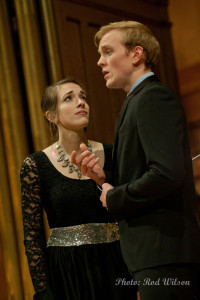 stage by Danielle Nicholson for a duet performance of Come What May from the Baz Luhrmann’s movie Moulin Rouge.
stage by Danielle Nicholson for a duet performance of Come What May from the Baz Luhrmann’s movie Moulin Rouge.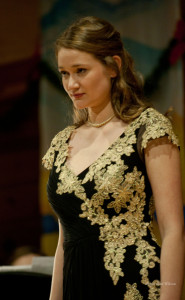 a fourth year vocal performance major at Western University studying under Todd Wieczorek. She has participated in professional development programs offered by the Canadian Operatic Arts Academy and the Accademia Europea Dell’Opera and is looking forward to her first full operatic role, Trisbe, in La Cenerentola. For performance on this evening she chose Charles Gounod’s Que fais-tu, blanche tourterelle? and Alma Mahler’s Laue Sommernacht (lyrics by Gustav Falke).
a fourth year vocal performance major at Western University studying under Todd Wieczorek. She has participated in professional development programs offered by the Canadian Operatic Arts Academy and the Accademia Europea Dell’Opera and is looking forward to her first full operatic role, Trisbe, in La Cenerentola. For performance on this evening she chose Charles Gounod’s Que fais-tu, blanche tourterelle? and Alma Mahler’s Laue Sommernacht (lyrics by Gustav Falke).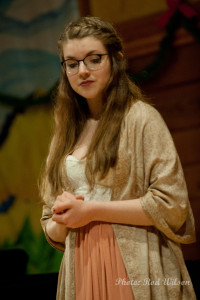 back in the area and for her performance this evening she chose A Change in me from Alan Menken’s Beauty and the Beast and How Lovely to be a Woman from Charles Strauss’ Bye Bye Birdie.
back in the area and for her performance this evening she chose A Change in me from Alan Menken’s Beauty and the Beast and How Lovely to be a Woman from Charles Strauss’ Bye Bye Birdie.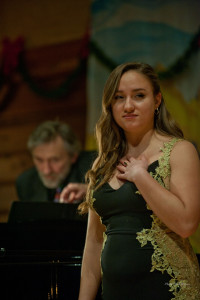 from Capilano University in 2014 and has also received a significant number of awards and scholarships. For the evening’s performance she chose Frere! Voyez! du gai Soleil from Jules Massenet’s Werther and Ah, Love, but a Day written by Amy Marcy Beach. Amanda Weather and Caitlin McCaughey returned to the stage for a duet performance of Leo Delibes Sous le Dome epais from Lakme. Amanda sang the mezzo-soprano part and Caitlin the soprano part. As always, this was an extremely popular selection. And not be forgotten the accompanists for the evening were Arne Sahlen and Erica Ortlieb (Ross). Arne’s solo performances of We Three Kings and Beethoven’s second movement of the Pathetique were enjoyable instrumental interludes in a night of vocal music.
from Capilano University in 2014 and has also received a significant number of awards and scholarships. For the evening’s performance she chose Frere! Voyez! du gai Soleil from Jules Massenet’s Werther and Ah, Love, but a Day written by Amy Marcy Beach. Amanda Weather and Caitlin McCaughey returned to the stage for a duet performance of Leo Delibes Sous le Dome epais from Lakme. Amanda sang the mezzo-soprano part and Caitlin the soprano part. As always, this was an extremely popular selection. And not be forgotten the accompanists for the evening were Arne Sahlen and Erica Ortlieb (Ross). Arne’s solo performances of We Three Kings and Beethoven’s second movement of the Pathetique were enjoyable instrumental interludes in a night of vocal music.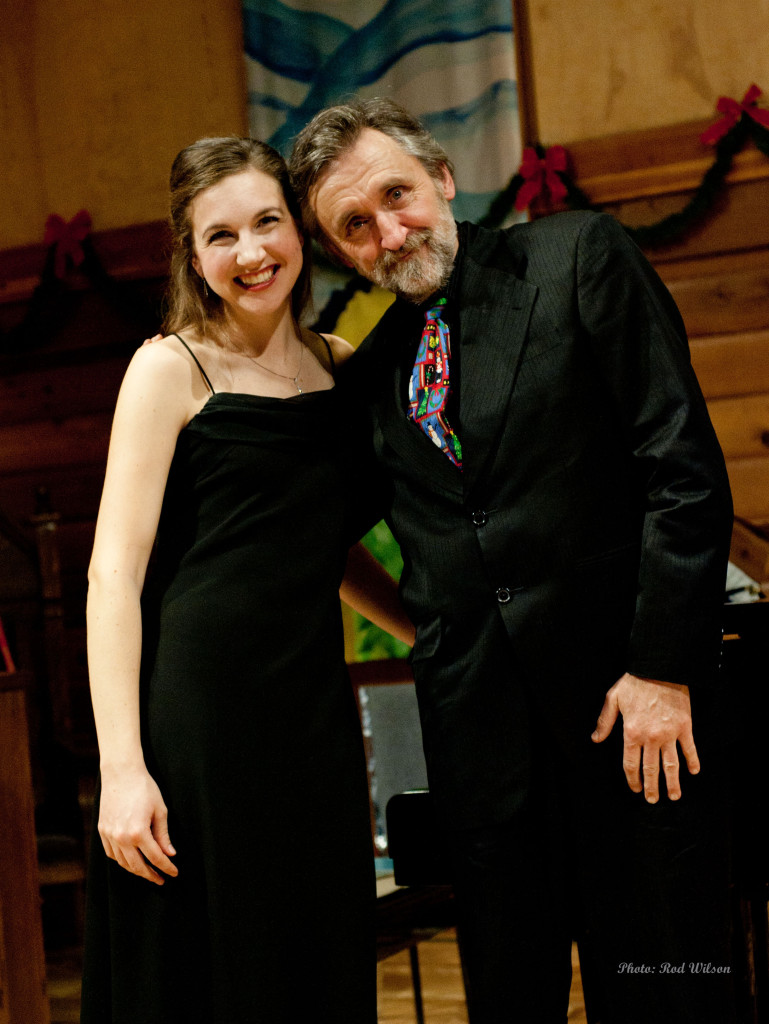
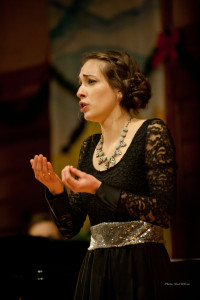
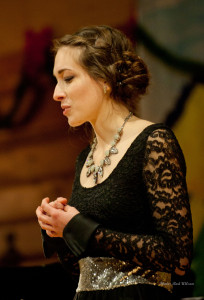
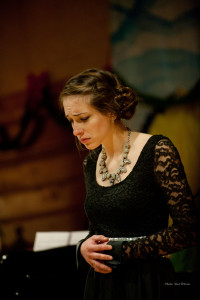
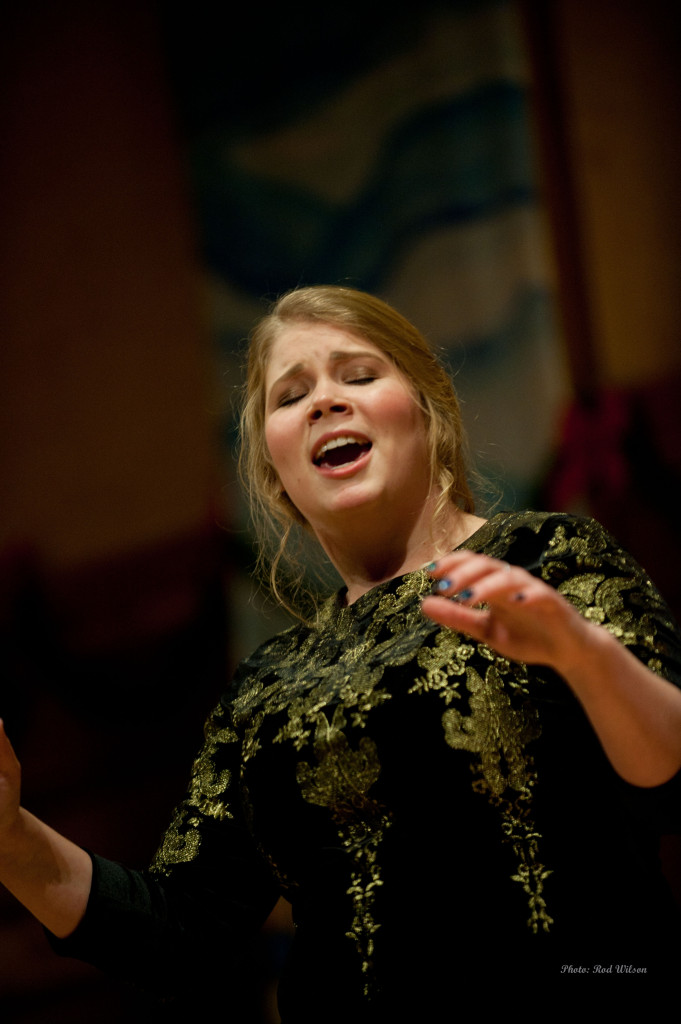
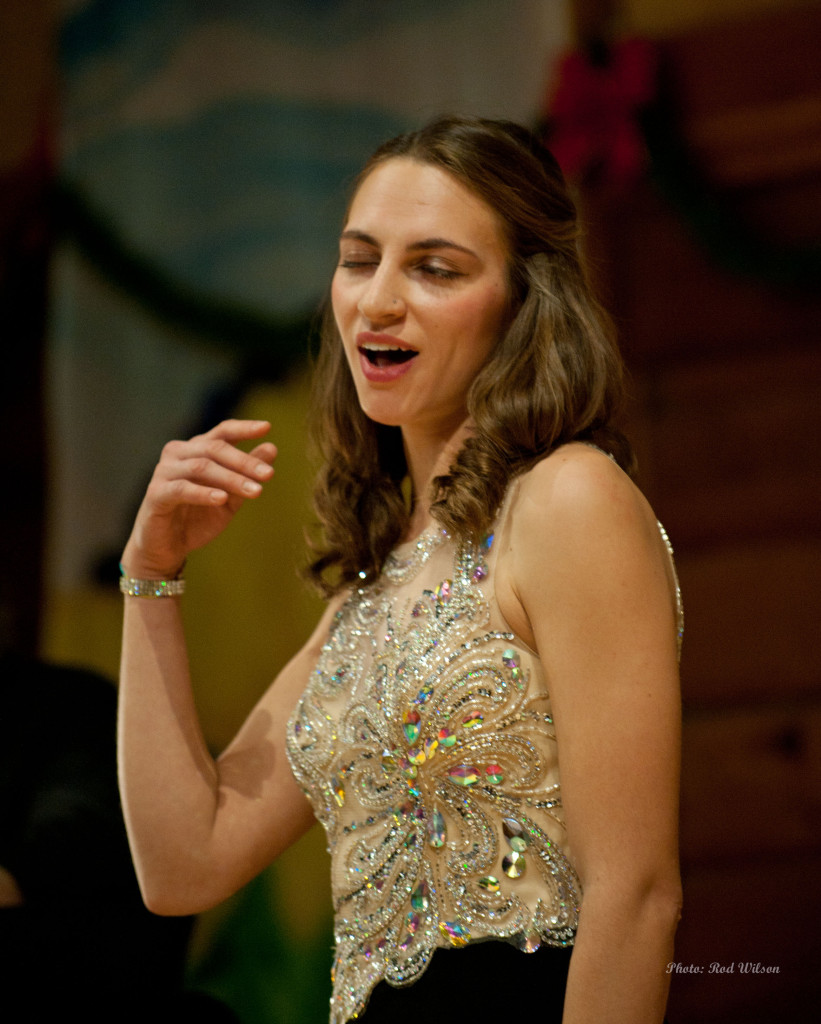
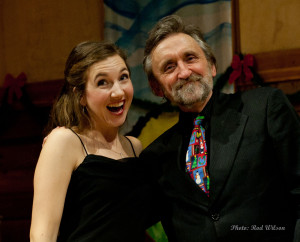
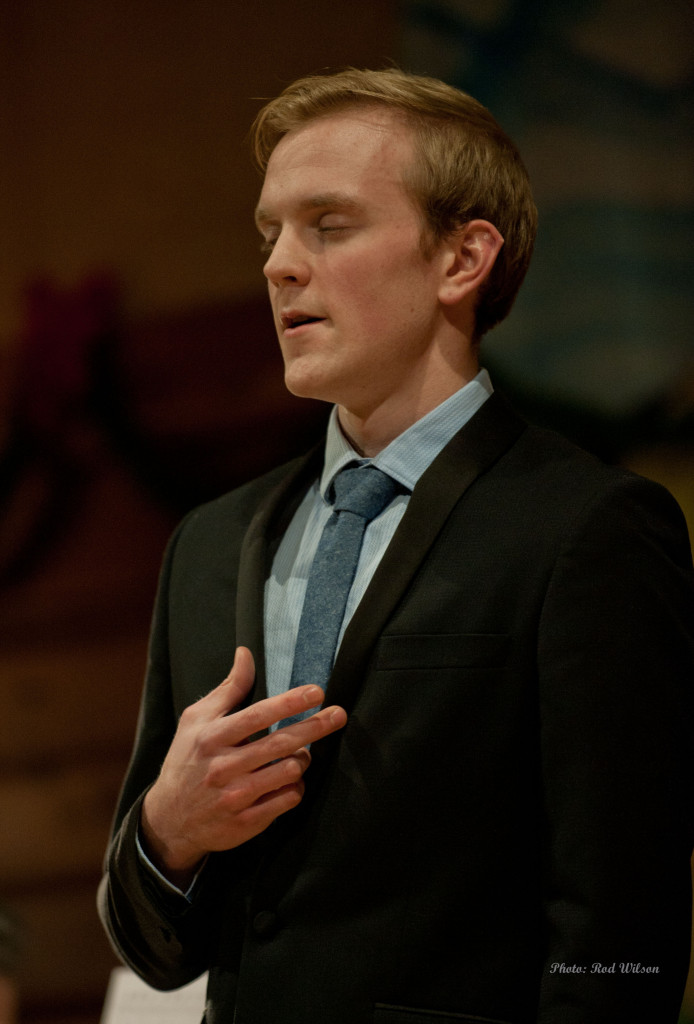
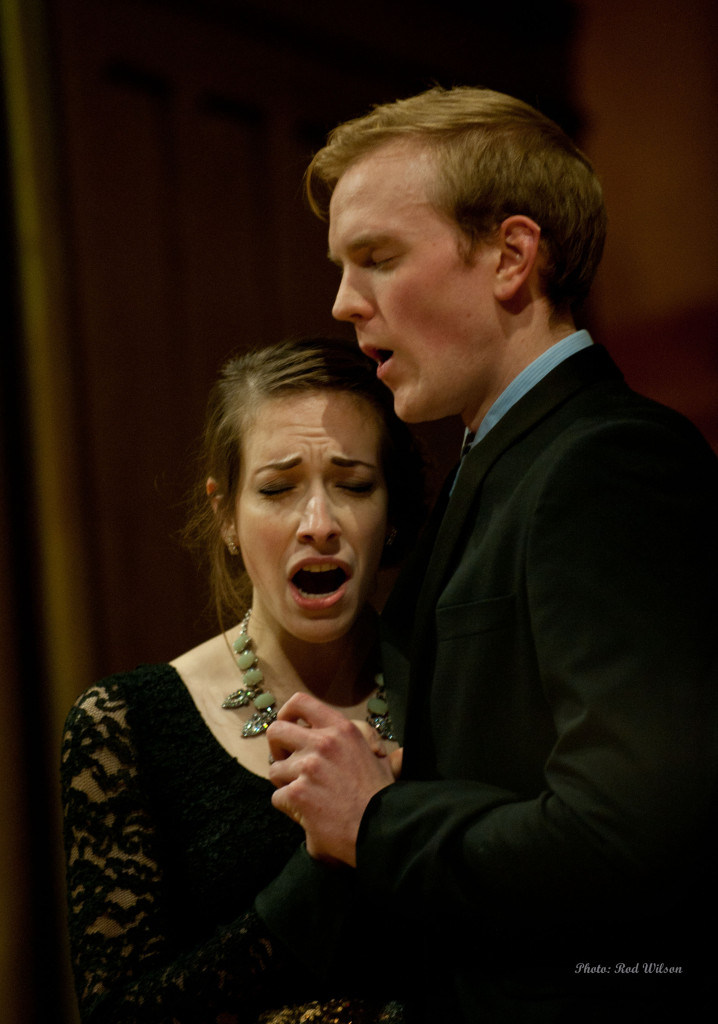
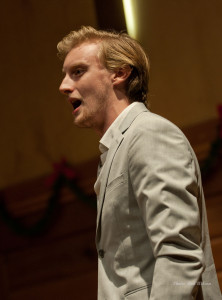
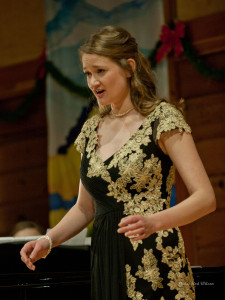
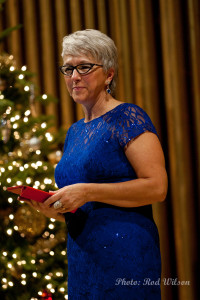
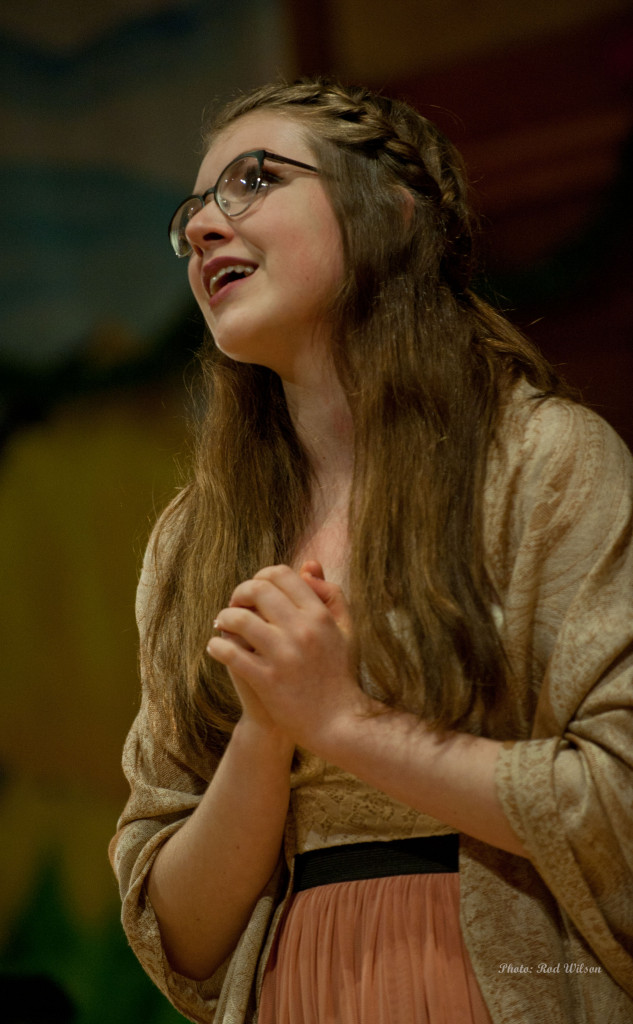
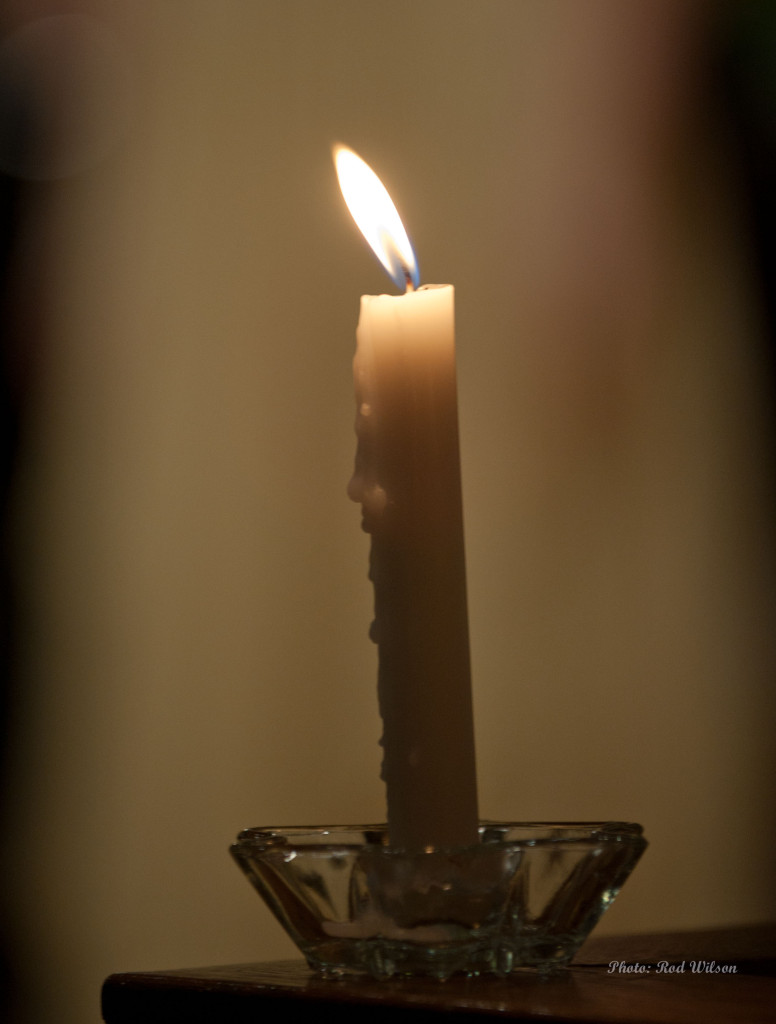
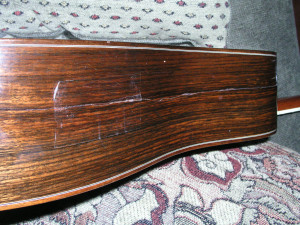
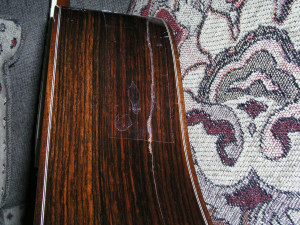
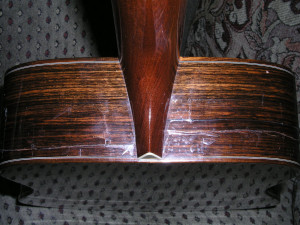
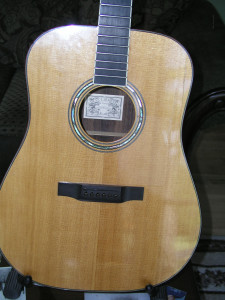
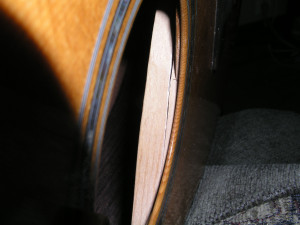
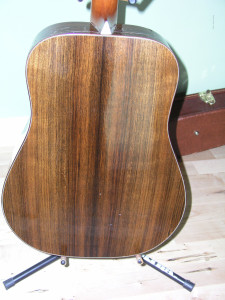
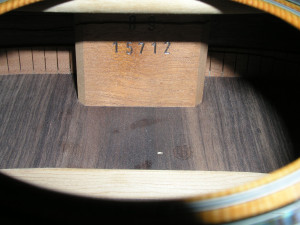
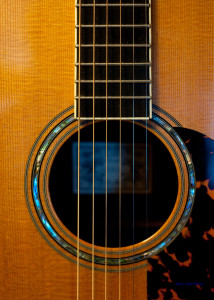
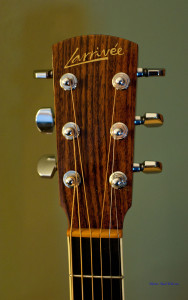
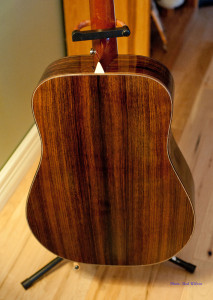
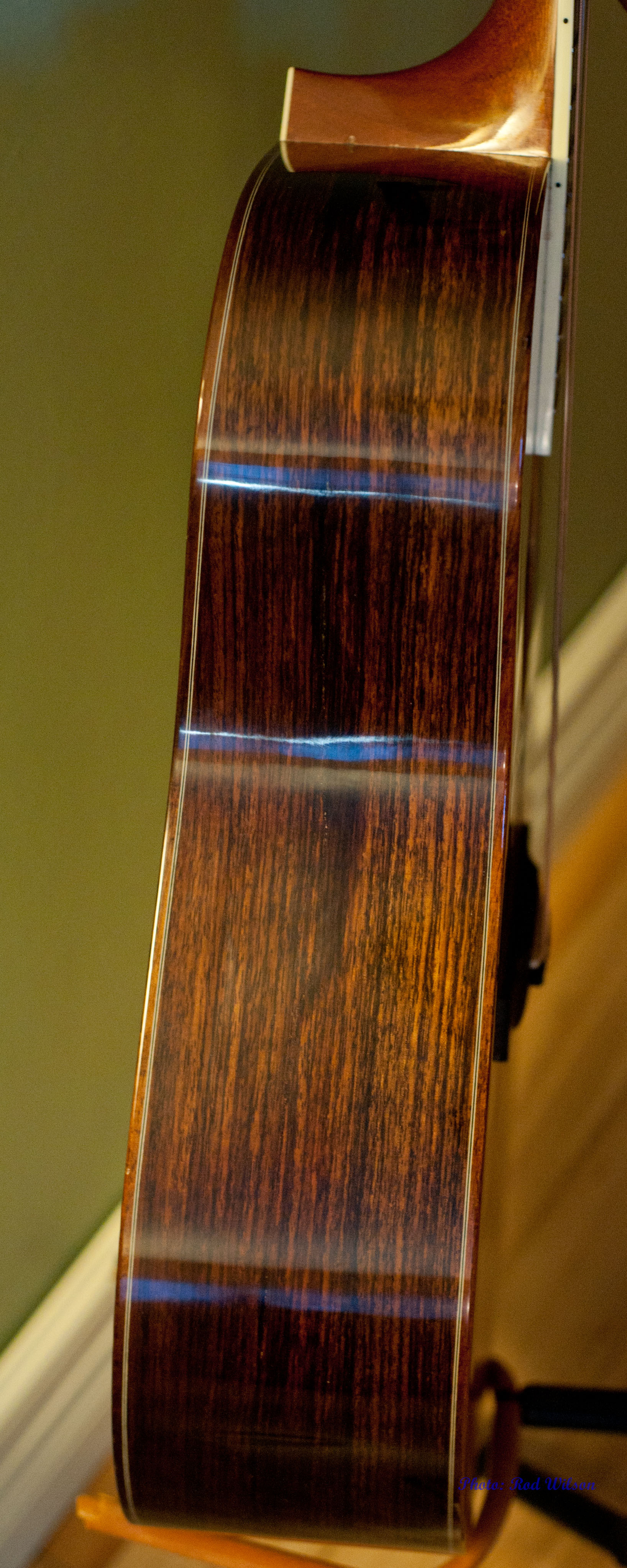
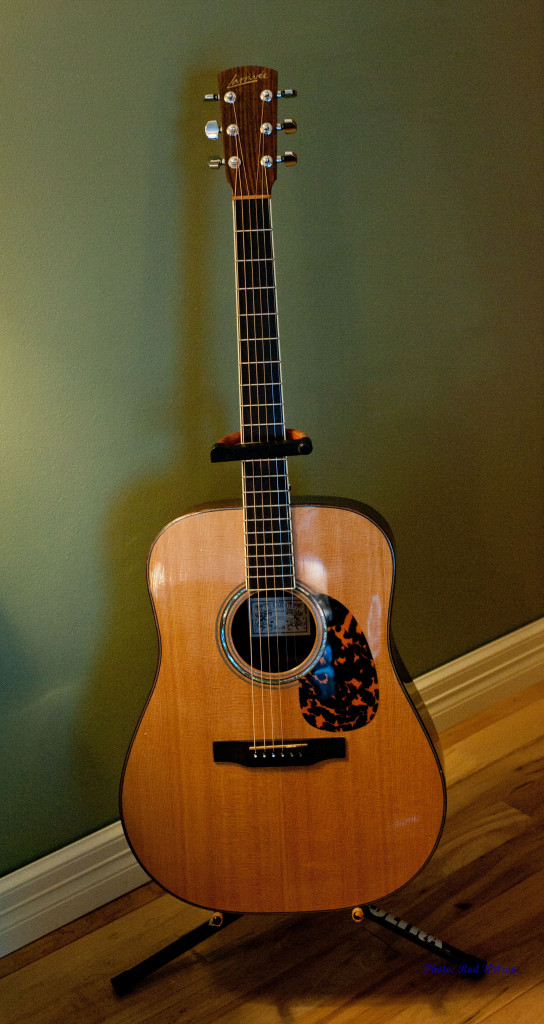
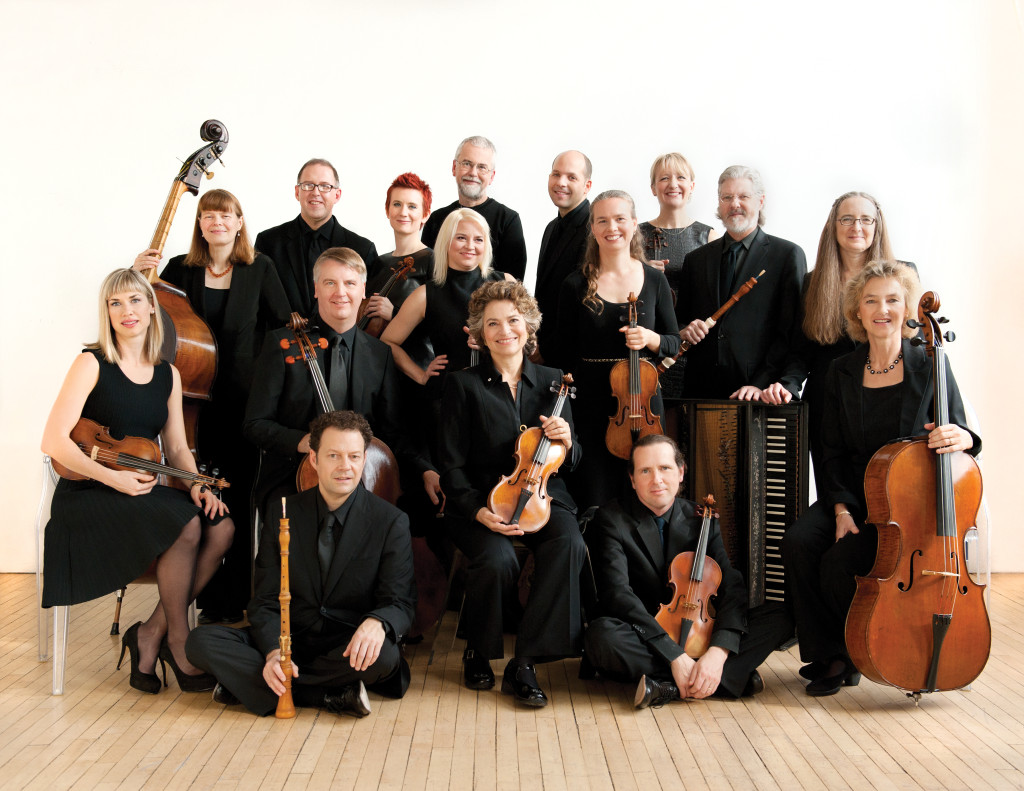
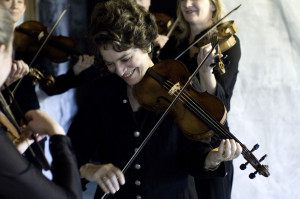
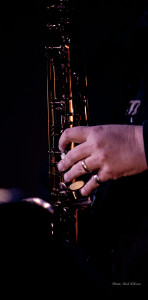
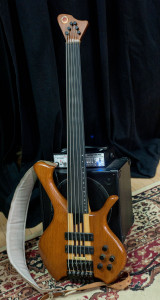
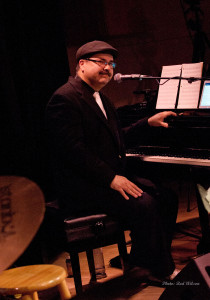
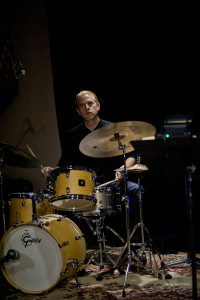
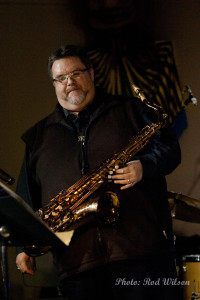
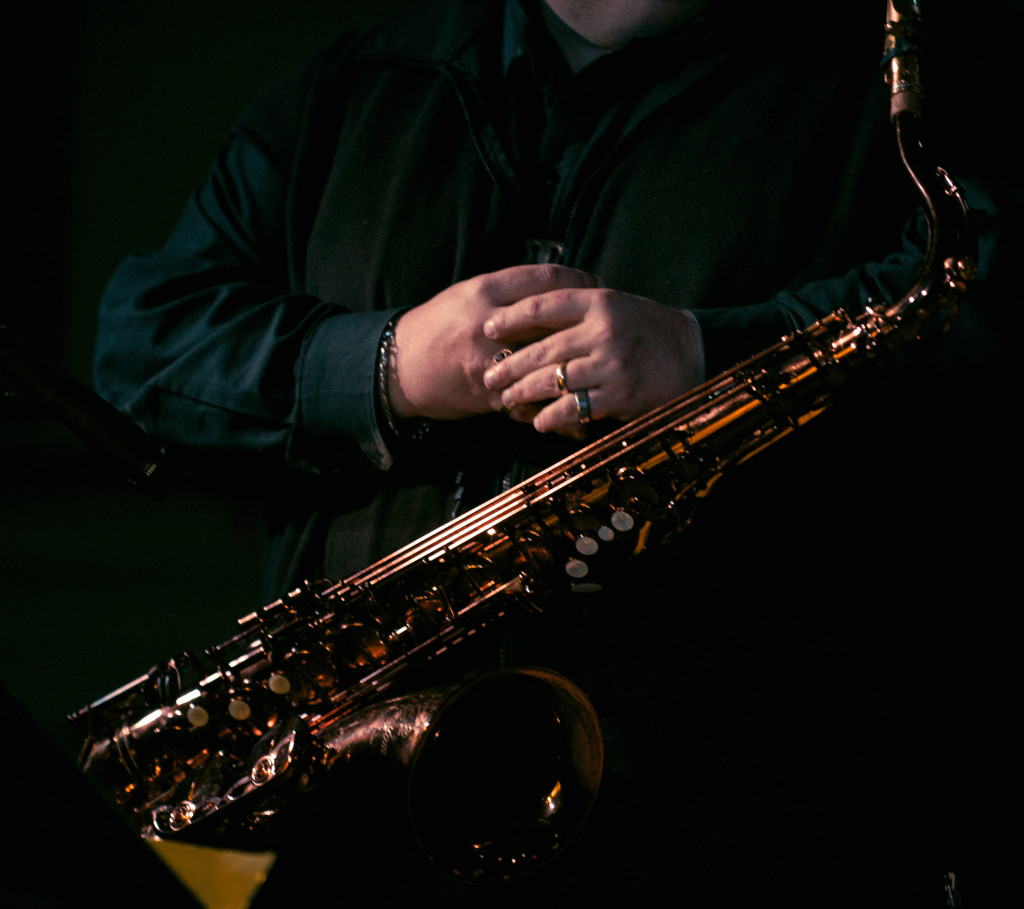
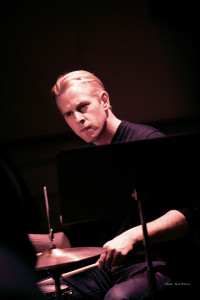
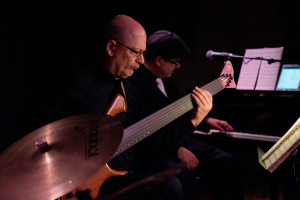
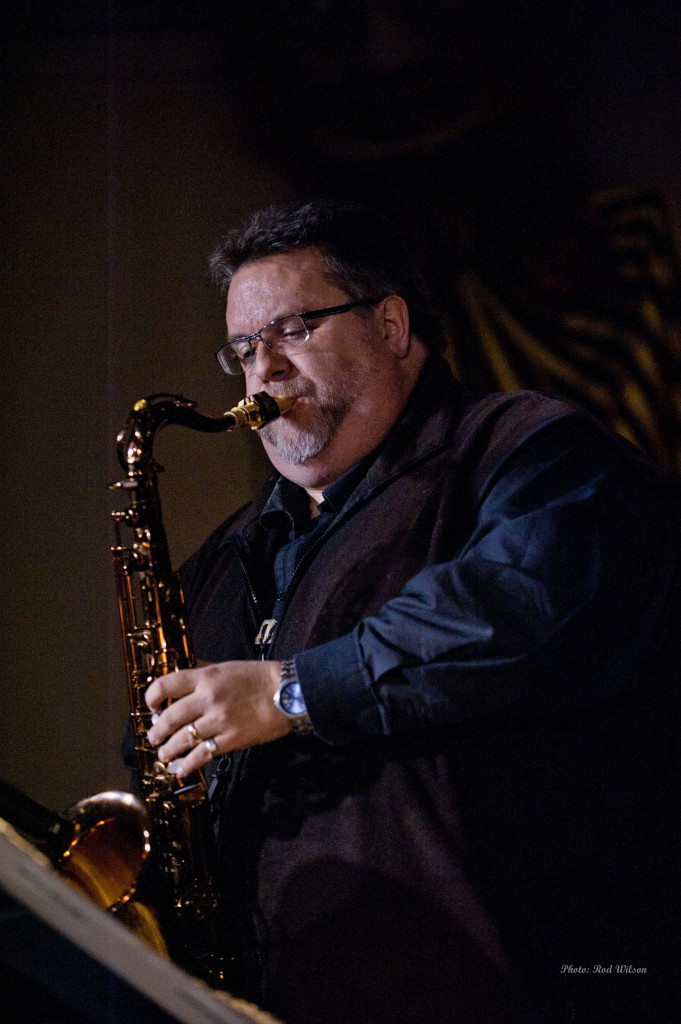
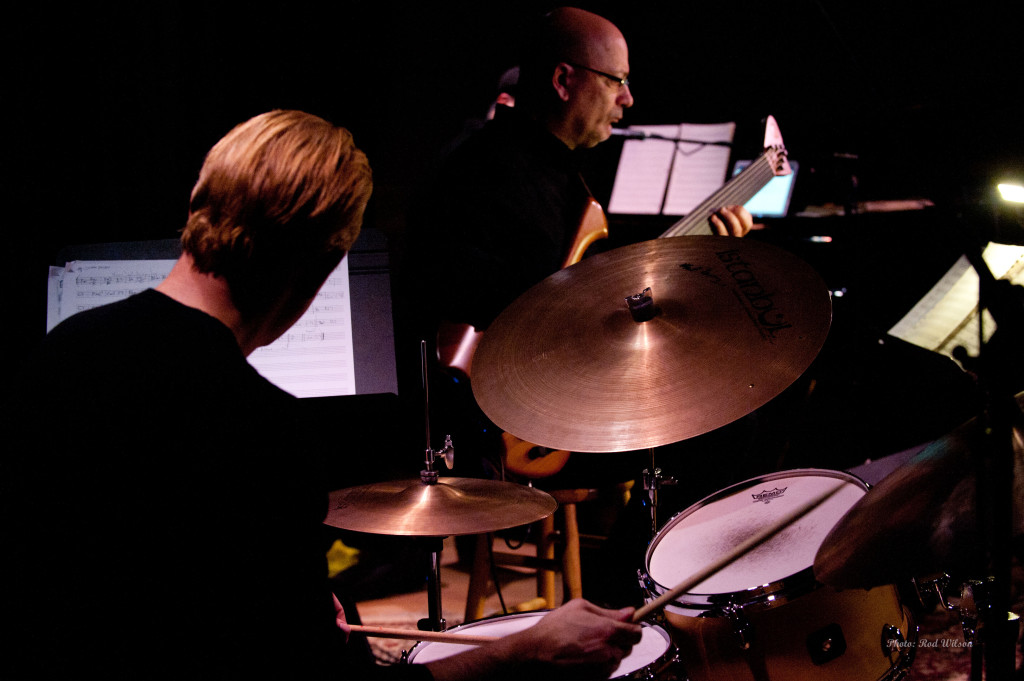
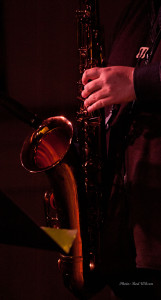
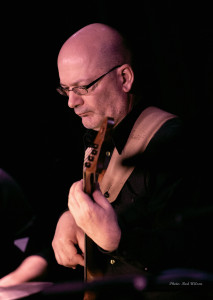
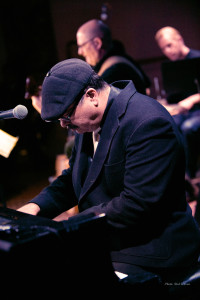
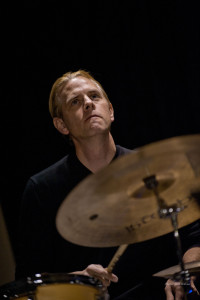
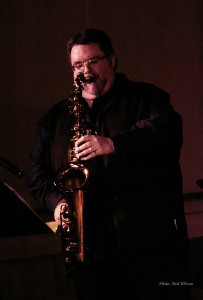
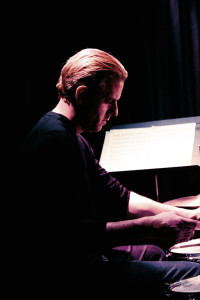
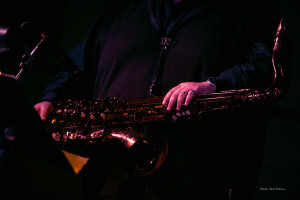
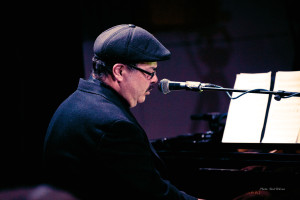
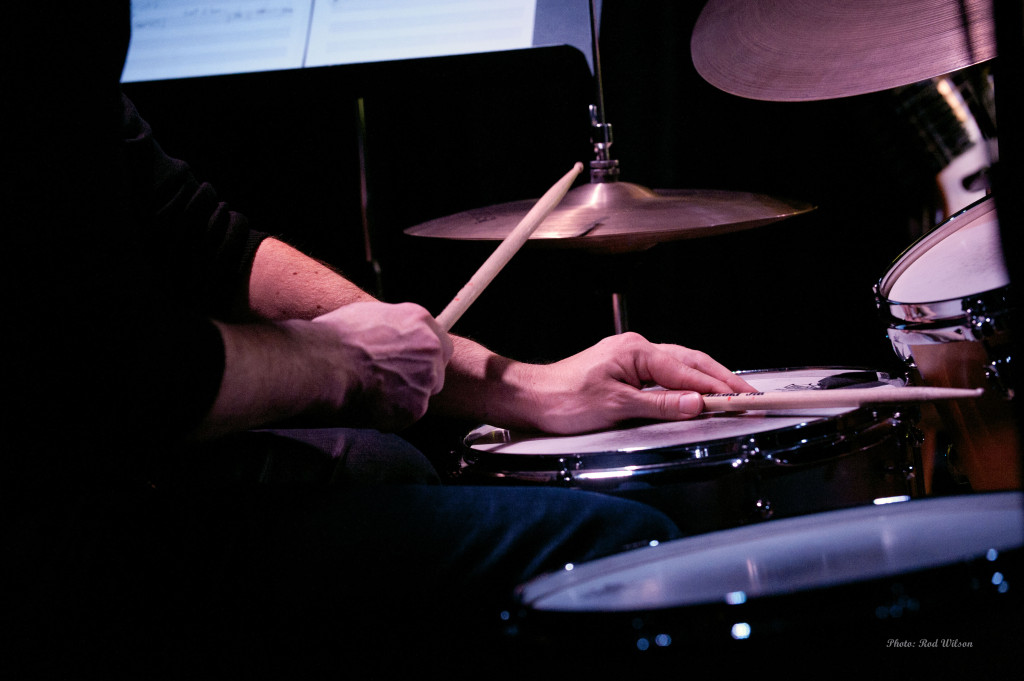
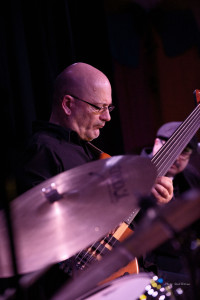
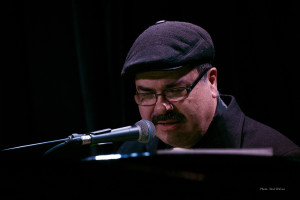
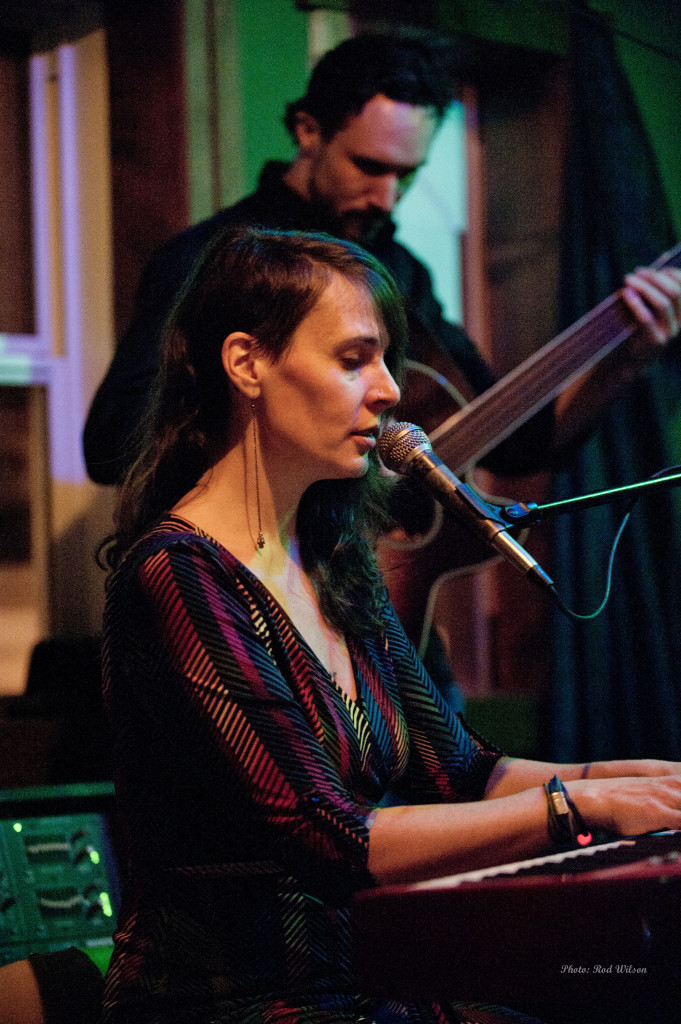
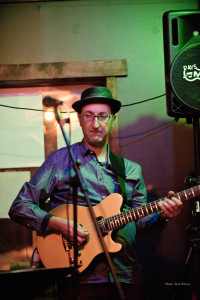
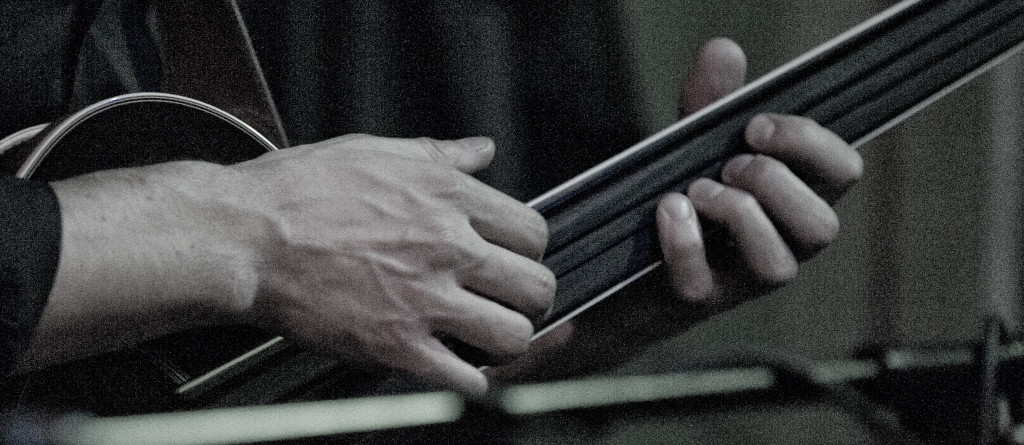
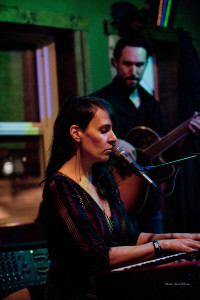
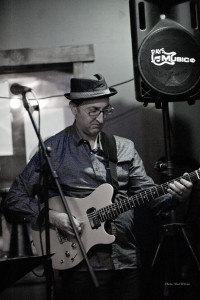
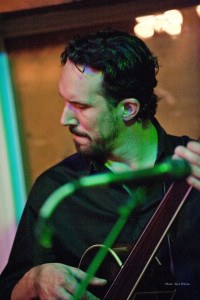
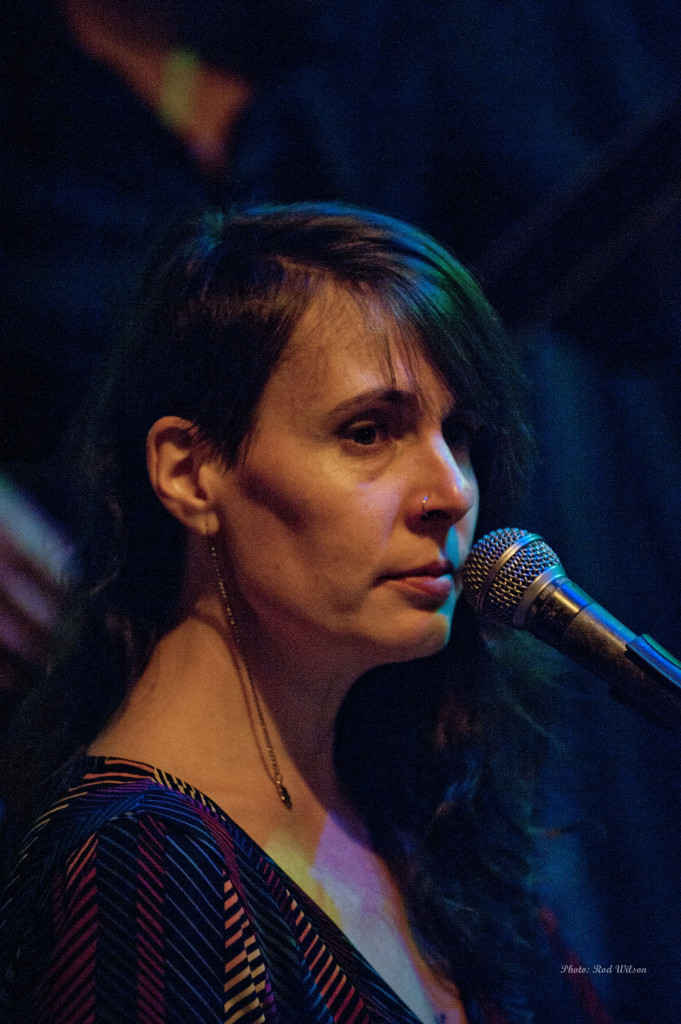
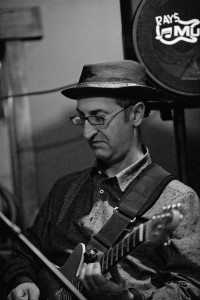 .
.